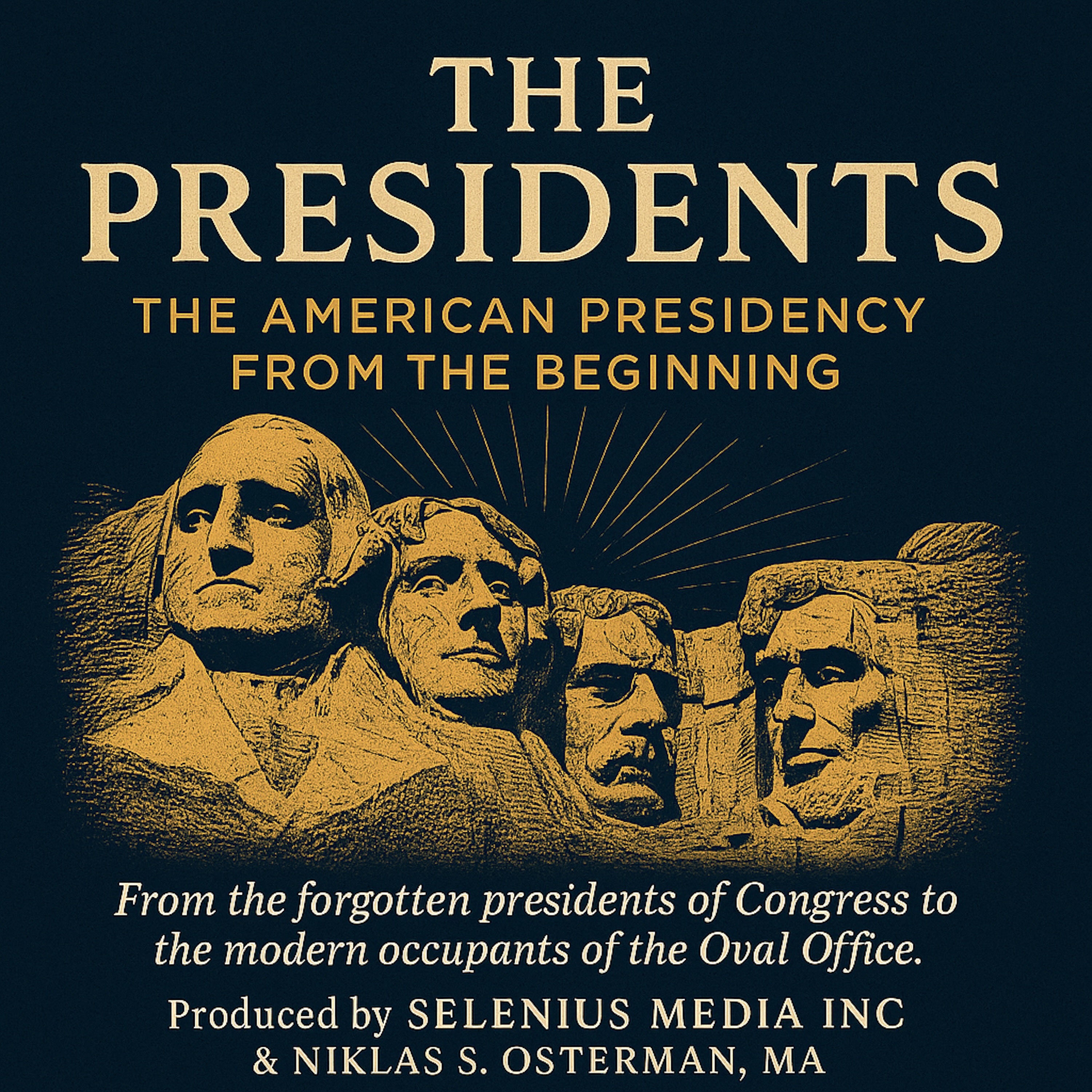The Presidents
“The Presidents” is a long-form narrative project that tells the American story through the people who carried its executive power before it had a president and after the office had a name. We start where most textbooks don’t—inside the dim rooms of the Continental Congress—then move through the Articles era and into the modern Oval Office, treating each figure not as a bust on a mantel but as a decision-maker inside a living system. Every chapter asks the same unforgiving questions: What did this person actually do? What did they refuse to do? Who paid for their choices, a...
Stephen Grover Cleveland
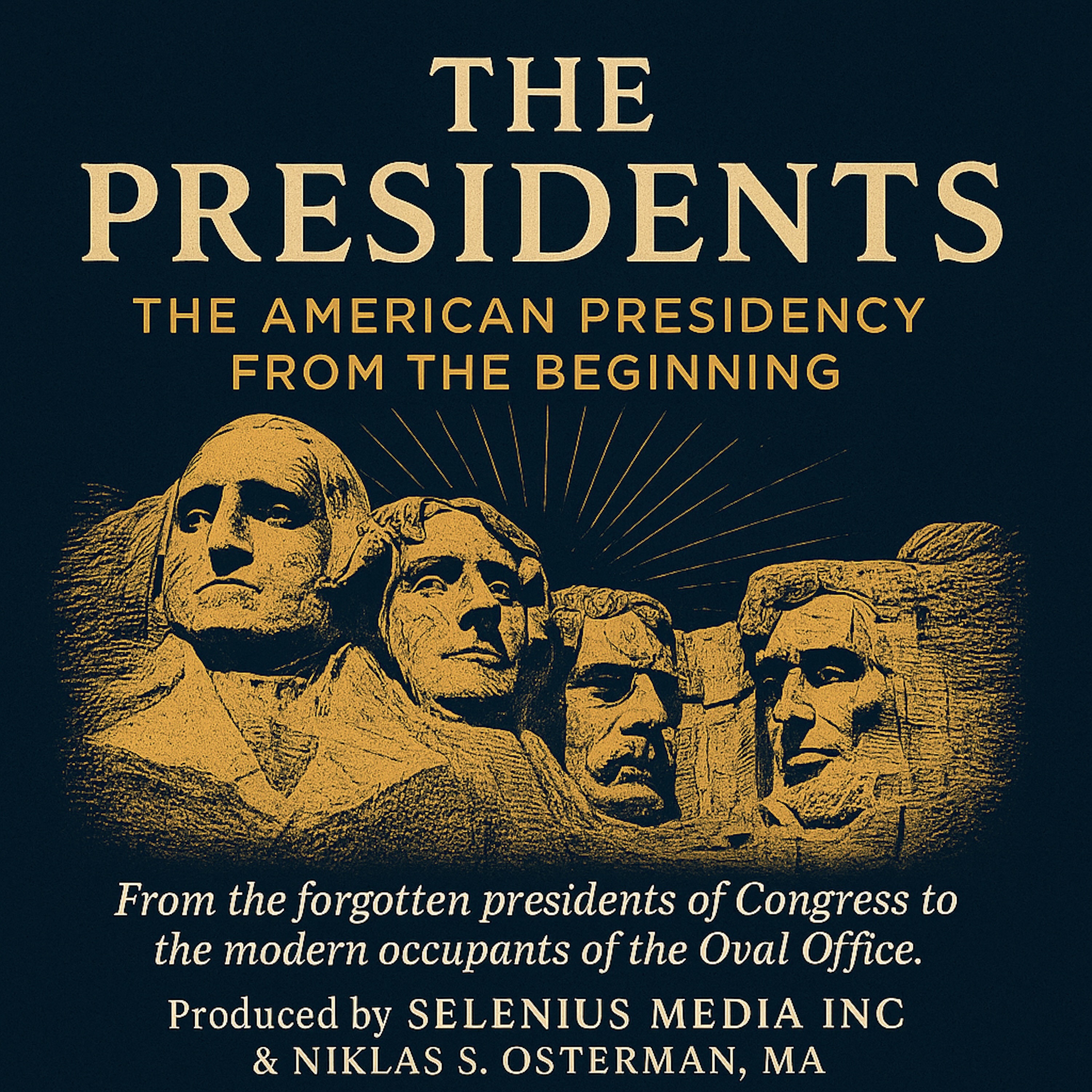
Stephen Grover Cleveland
Grover Cleveland’s reputation begins with a sentence he repeats so often it stops sounding like a slogan and starts sounding like a moral reflex: public office is a public trust. The phrase is spare, almost severe, and it reflects a sensibility forged not in salons or at universities, but in parsonages, law offices, and municipal chambers where the nearest romance is the romance of balancing a column of numbers. He is born Stephen Grover Cleveland in Caldwell, New Jersey, the son of a Presbyterian minister whose sermons leave the family as rich in ad...
Benjamin Harrison
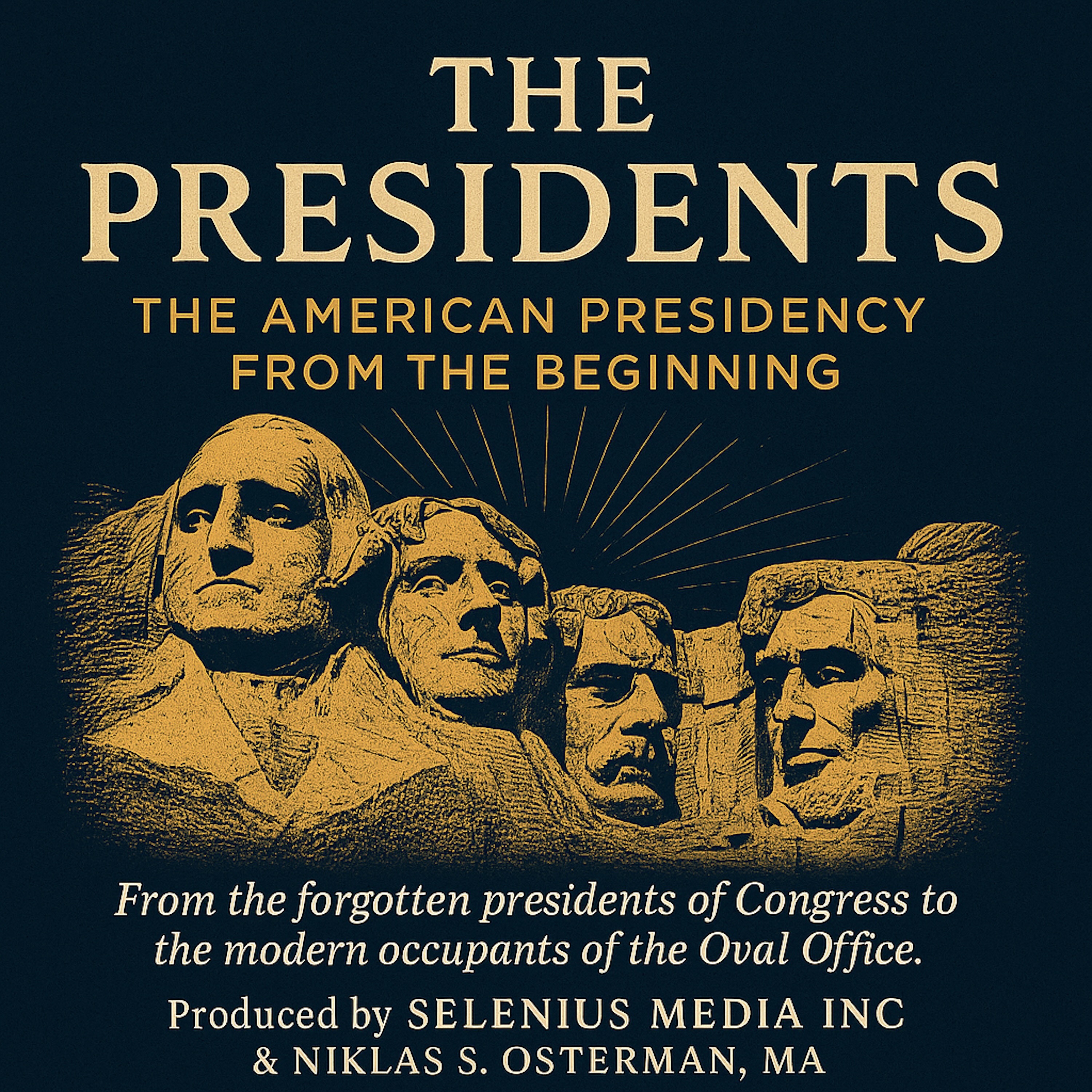
Benjamin Harrison
Benjamin Harrison arrives in American history with a paradox stitched neatly to the inside of his coat: a quiet man descended from noise. He is the grandson of a war hero president who died too soon to do much harm or much good, the son of a congressman with a frontier’s sense of town duty, and himself a lawyer whose sentences are careful at the edges and firm in the middle. He grows up with the knowledge that his name is already a quotation and decides, early, that the only answer to inherited echo is...
Stephen Grover Cleveland
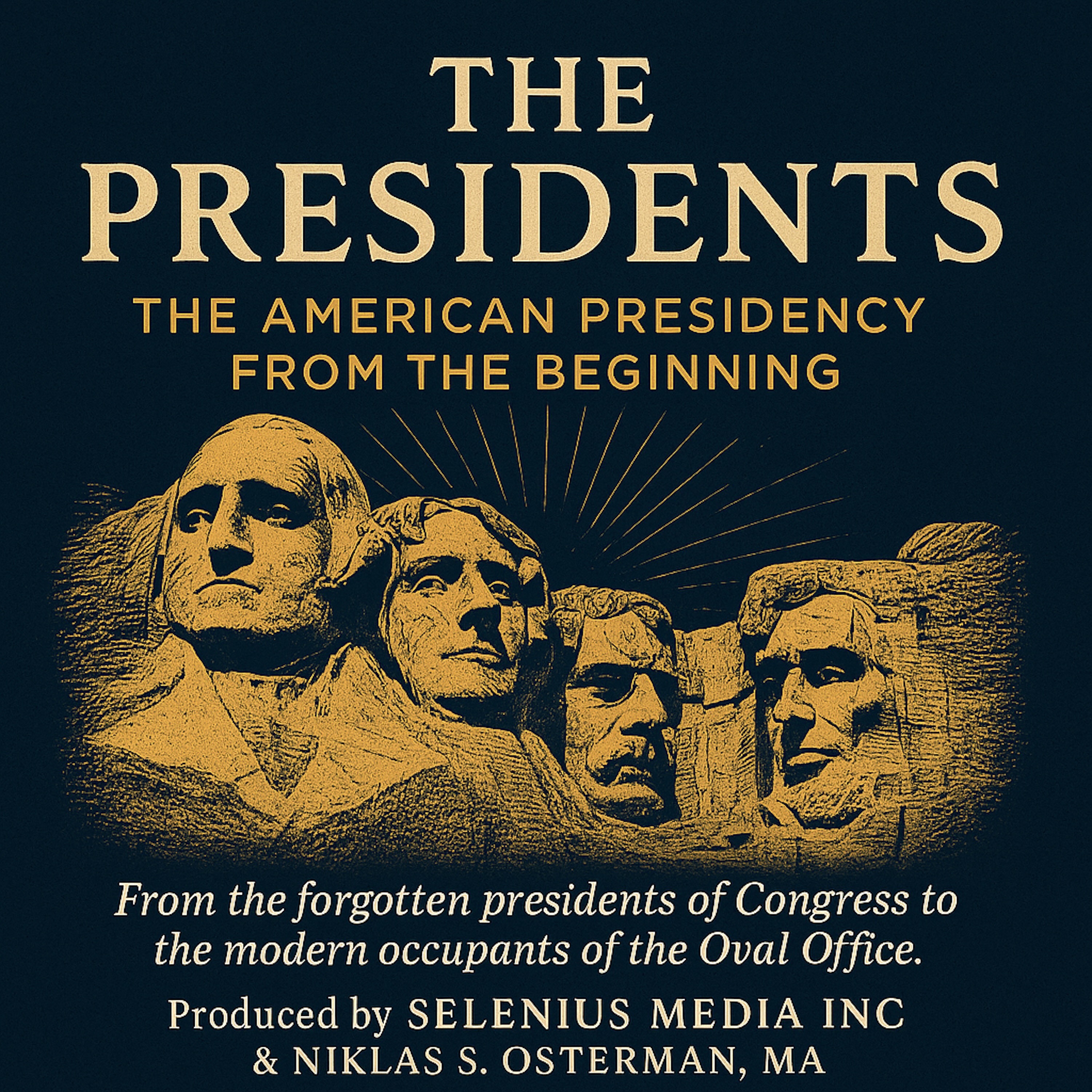
Grover Cleveland’s reputation begins with a sentence he repeats so often it stops sounding like a slogan and starts sounding like a moral reflex: public office is a public trust. The phrase is spare, almost severe, and it reflects a sensibility forged not in salons or at universities, but in parsonages, law offices, and municipal chambers where the nearest romance is the romance of balancing a column of numbers. He is born Stephen Grover Cleveland in Caldwell, New Jersey, the son of a Presbyterian minister whose sermons leave the family as rich in admonition as they are poor in...
Rutherford B. Hayes
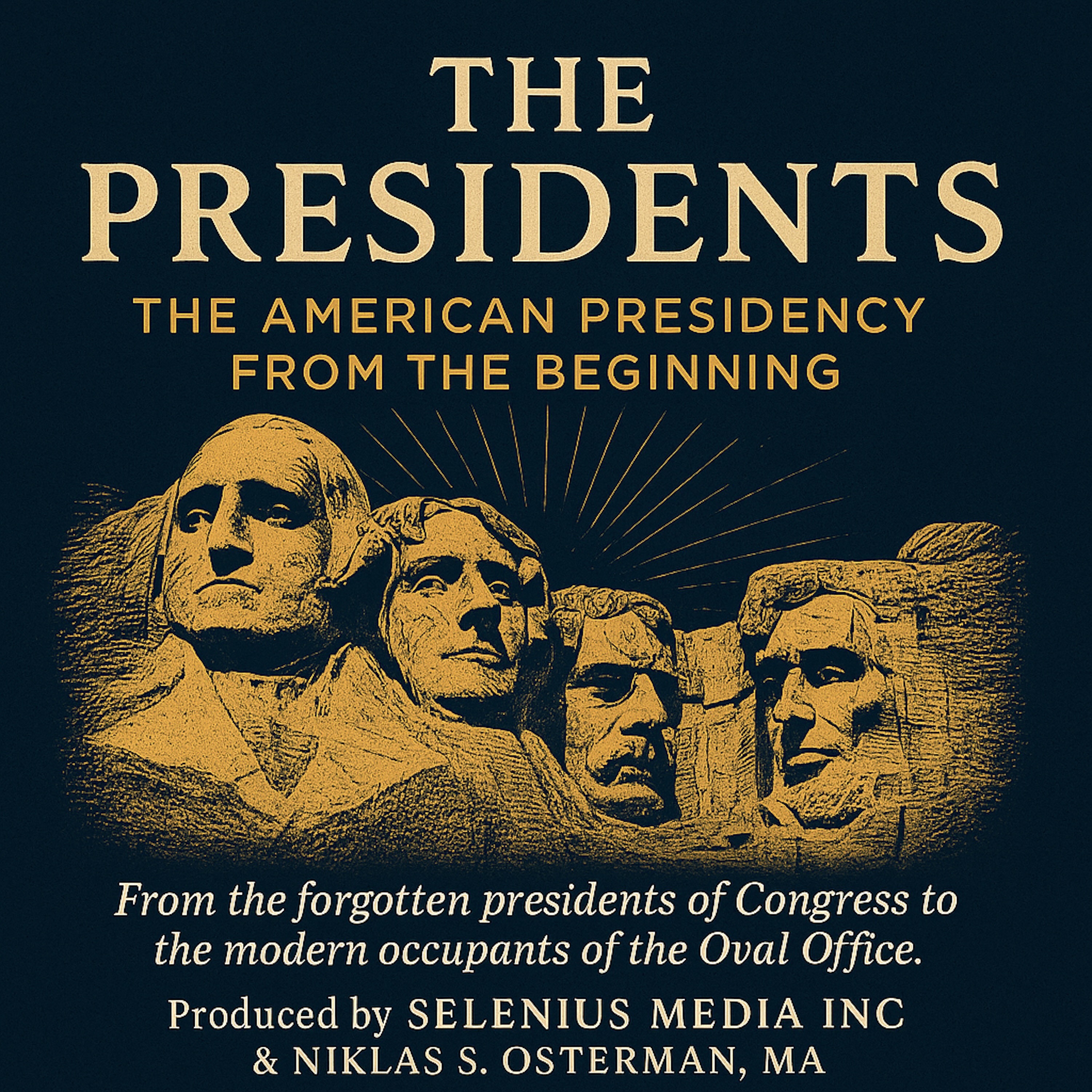
Rutherford B. Hayes enters national memory under gaslight—calm voice, careful eyes, a lawyer’s temper tucked into a soldier’s frame—and for more than a century the shorthand that follows his name is a quarrel about legitimacy. The most contested election in American history lifted him into the presidency by a whisker measured in affidavits and midnight negotiations; the story’s machinery is so noisy that it can drown out the person who had to live with the noise. Yet to see Hayes whole is to watch an unshowy reformer try to keep his footing on a floor that...
Ulysses S. Grant
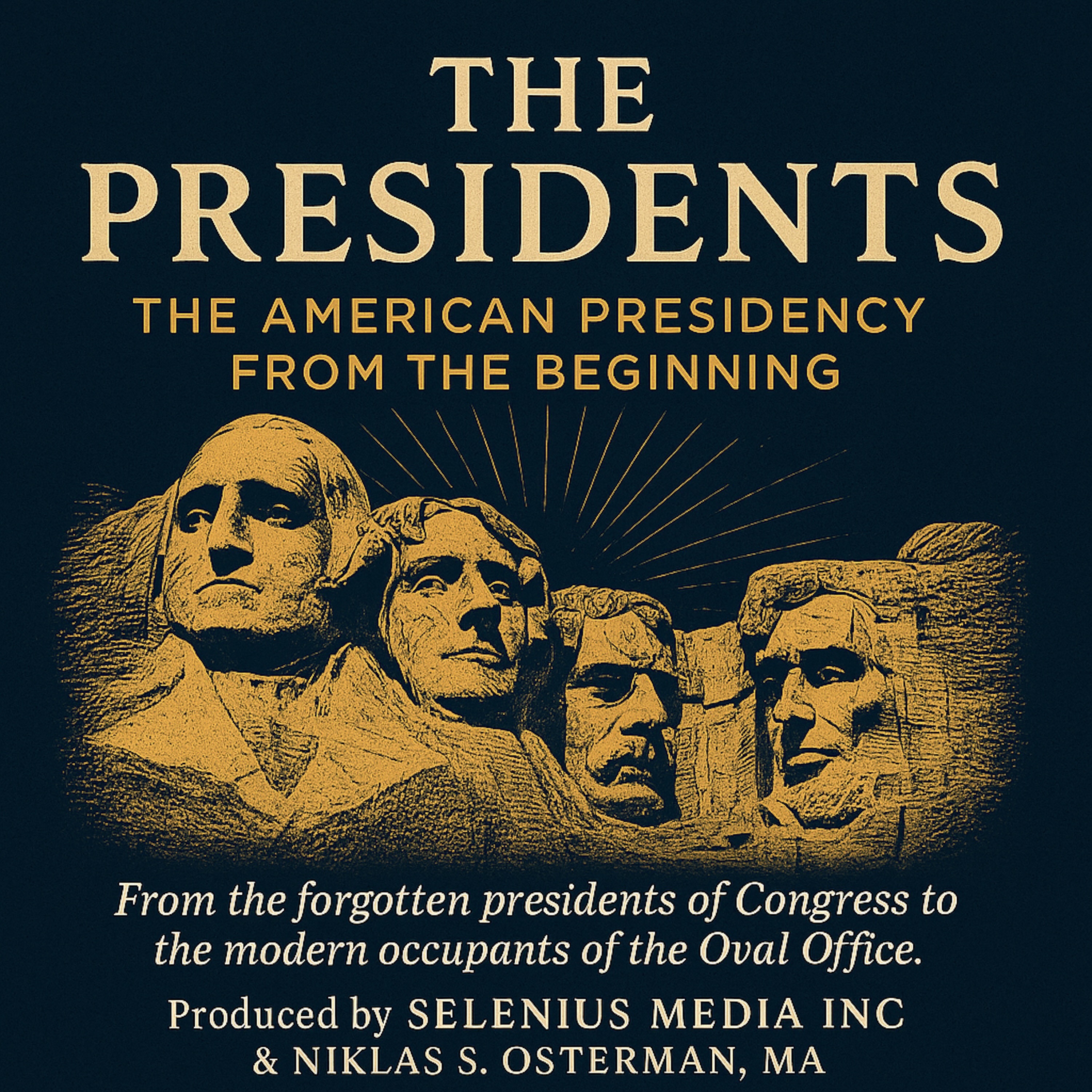
Ulysses S. Grant enters American life as a contradiction that grows truer the closer one looks: shy but unflinching, ordinary in bearing yet relentless in execution, a man who disliked blood and became the general who ended the bloodiest American war, a president whose name is still dragged through the mud of scandals and still stands under the clean architecture of civil rights written into law and enforced by federal will. He begins as Hiram Ulysses in Ohio, the son of a tannery owner whose vats taught a boy the smell of hides cured with acid and labor. The...
President Harry S. Truman
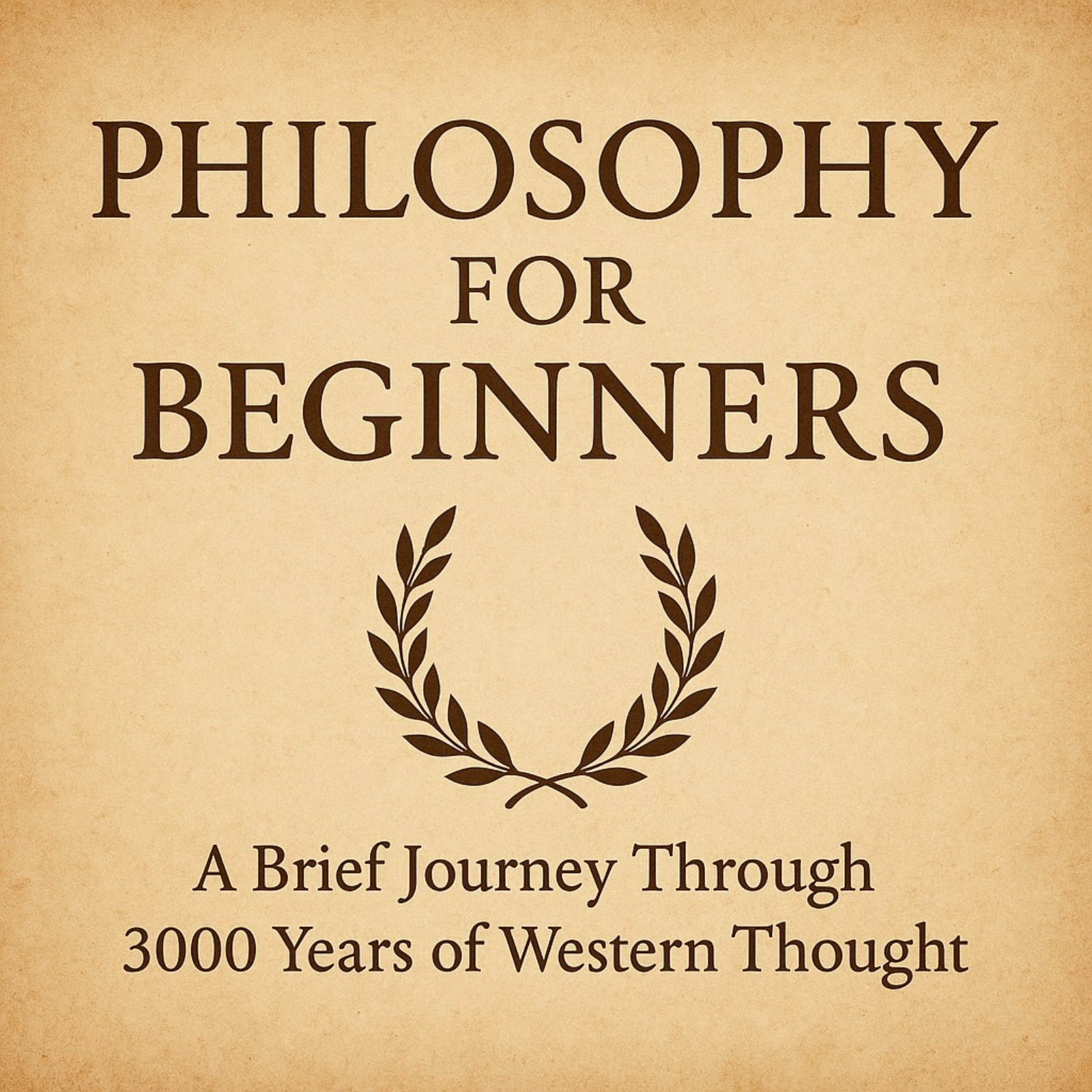
President Harry S. Truman
On an April evening in 1945, a clerk from the White House hurried up the marble stairs of the Capitol and down a dim corridor toward the office of the vice president. Inside, Harry S. Truman was sitting with House Speaker Sam Rayburn, sharing a drink and the easy, almost gloomy camaraderie of two men who had spent years in the rough-and-tumble of Congress. The vice presidency, Truman liked to say, was about as useful as a cow’s fifth teat. He had not been invited into the inner circle on the great questions of...
President Franklin D. Roosevelt
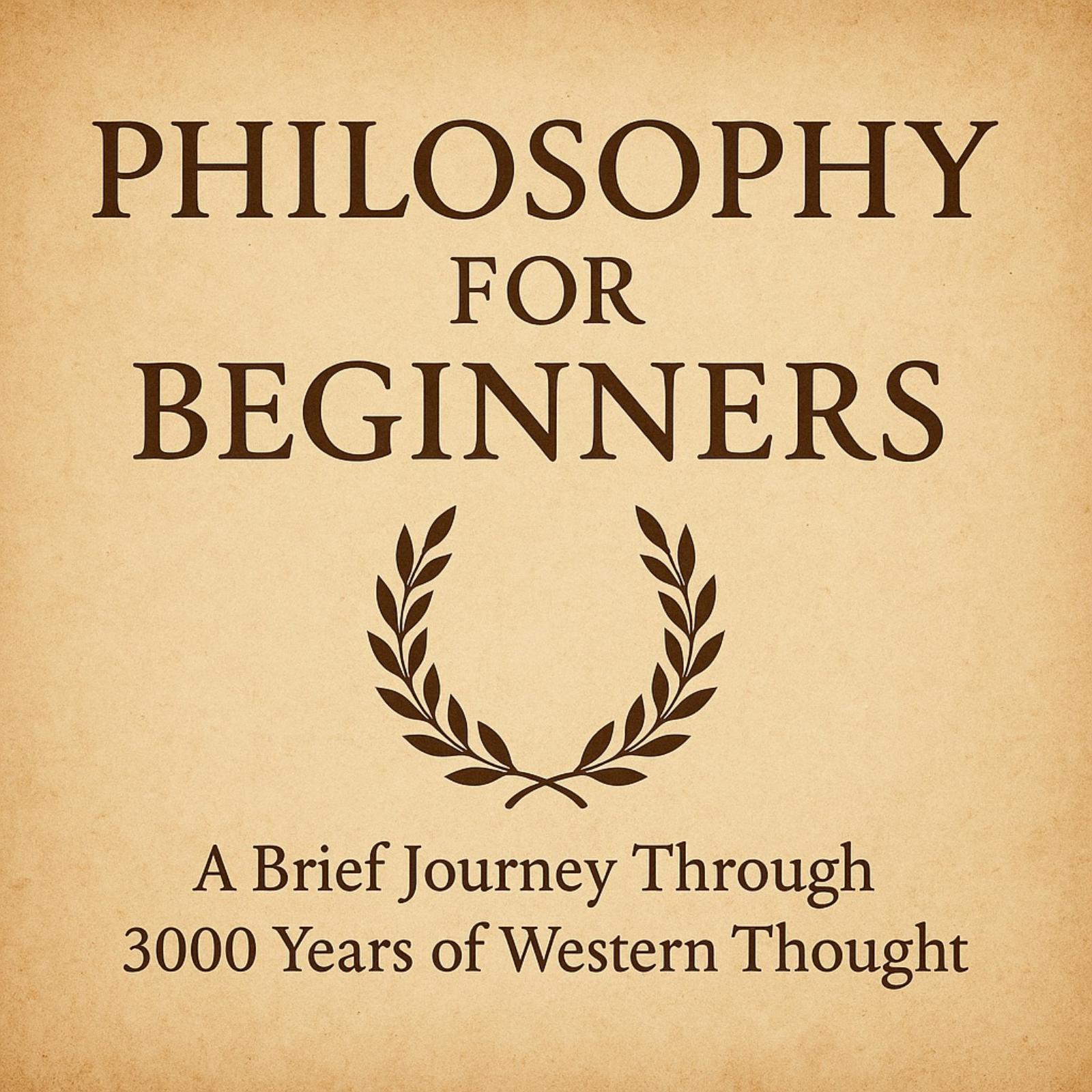
President Franklin D. Roosevelt
On a gray March afternoon in 1933, as a cold rain fell on Washington and banks failed across the country in a kind of slow-motion collapse, Franklin Delano Roosevelt rode in an open car toward the Capitol, his head high, his jaw set in that familiar, confident line. Around him, the city was tense. Unemployment had reached heights Americans had never seen. Breadlines looped around city blocks. Farmers lost their land; factory whistles fell silent. In the weeks before the inauguration, the financial system itself had begun to buckle. State after state declared “bank ho...
Andrew Johnson

because of bad carpentry when, in truth, the frame has shifted with the building. He is not a creature of salons or law schools; he is a tailor from Raleigh, apprenticed at ten, run away at sixteen, a self-taught reader who learned syllables from a wife who had more book in her fingers than in her family’s purse. Eliza McCardle placed a primer and a grammar on the table the way other brides lay out a dowry; the young husband bent over vowels and consonants at night, and a life began to take a different shape. In Greeneville, Te...
Abraham Lincoln
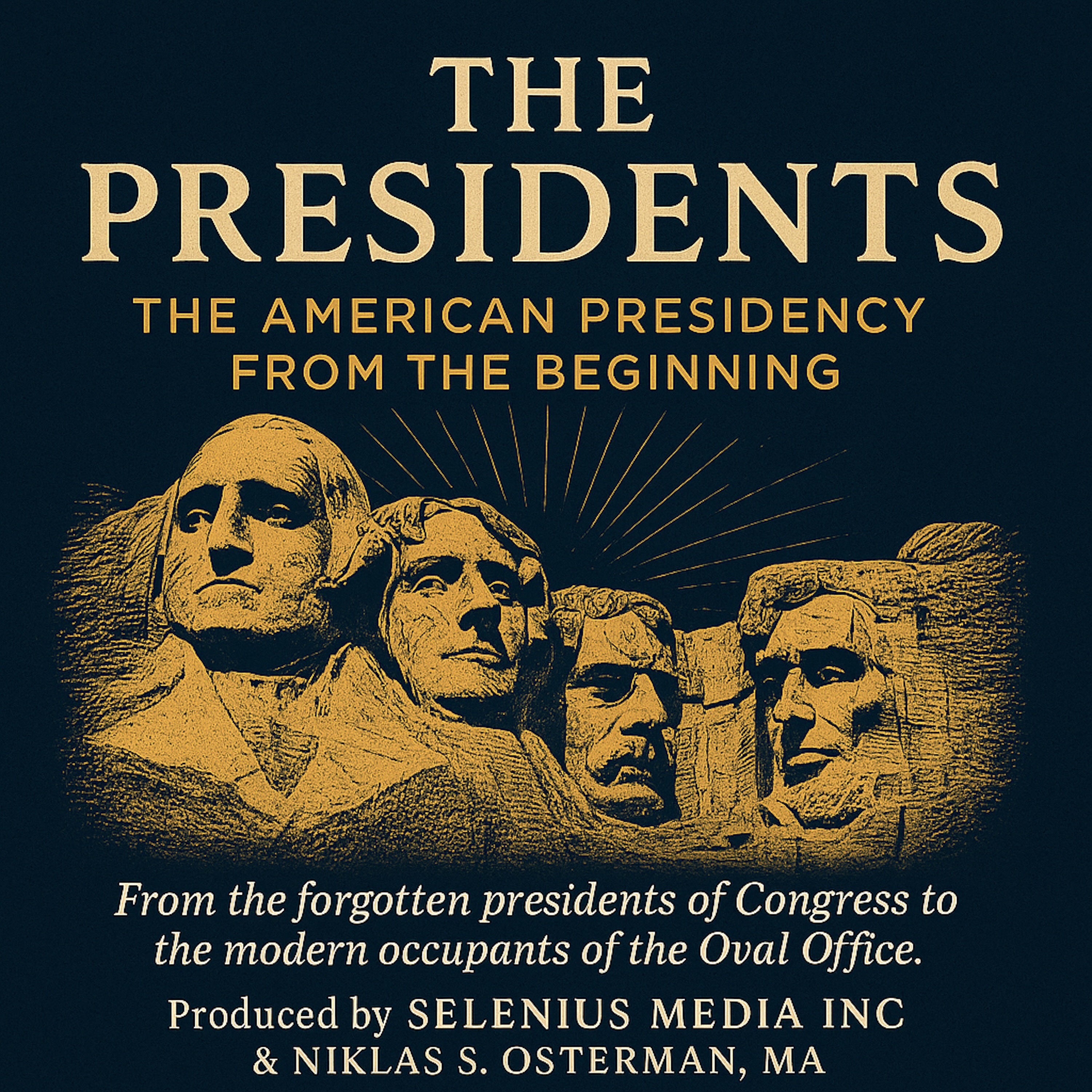
Abraham Lincoln enters the American story as a silhouette before he becomes a figure—long-limbed, awkward, moving through a world of stumps and distances, carrying books as if they were tools and ideas as if they were debts. He is born in a Kentucky cabin that later generations will remake into a shrine and, later still, into a contested metaphor; his childhood is a short ledger of hard labor, thin schooling, and a frontier that measured intelligence by the quality of a fence. The family walks—first to Indiana, then to Illinois—because poverty is not merely a condition, it is...
Chester A. Arthur

Chester A. Arthur
Chester Alan Arthur enters the American imagination as a contradiction that slowly resolves into character: a genial machine man who becomes a gentleman reformer, a collector of customs turned collector of virtues, a vice president chosen to keep spoils flowing who ends up closing the tap, a politician famous for waistcoats and dinners who quietly builds a modern state out of statutes and steel. He does not begin with the aura of destiny. He is the son of a strict Baptist minister who moved parishes the way other men changed coats, born in a...
James Buchanan
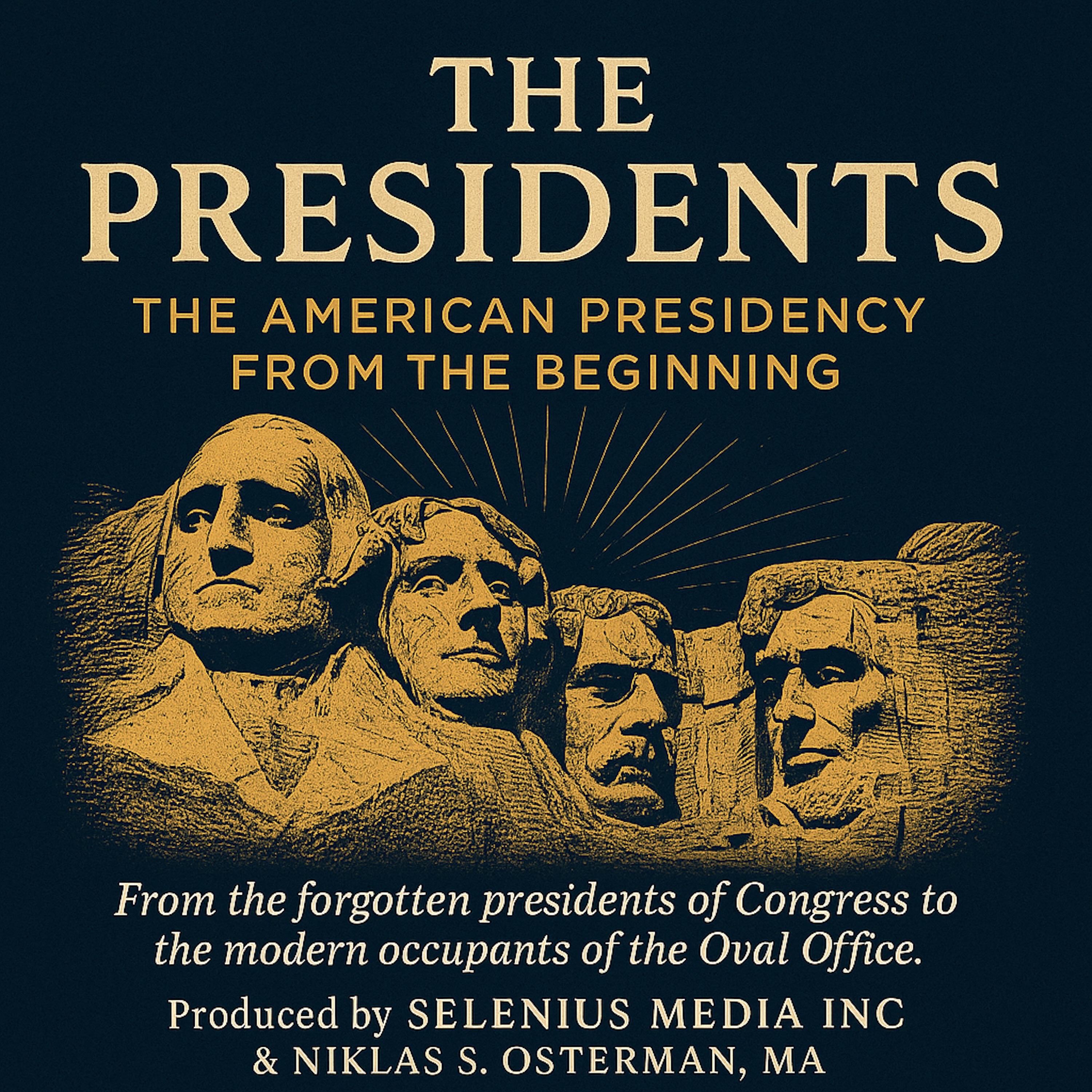
James Buchanan enters the presidency like a lawyer walking into a burning building with a leather briefcase and a belief that precedent can outshout fire. He is, by the time the oath touches his lips in March 1857, the most experienced public servant in the country: state legislator, congressman, senator, minister to Russia, secretary of state, minister to Great Britain, confidant to party captains on both sides of the Appalachians, a Pennsylvanian with Southern friends and Northern clients. His résumé reads like the ledger of a republic that still believed patience would always be rewarded, and his temperament is ex...
James A. Garfield

James A. Garfield
James A. Garfield steps onto the national stage with the air of someone who has already worn half a dozen lives and is suspicious of fame because it looks too much like a costume. He is born in a one-room cabin in Orange Township, Ohio, the last child of a widowed mother who has nothing to offer but work and the belief that work is convertible into dignity. The boy is small, eager, and afflicted with a restlessness that in a harsher age might have been called fate: he runs away to the canal...
Franklin Pierce
Franklin Pierce enters the presidency like a man who has already used up his share of good fortune and would spend his mandate trying to keep the country from noticing the same thing about itself. He is small-boned, soft-spoken, vain about a certain smoothness that reads, to friendly eyes, as grace and to suspicious eyes as glaze. He is born in New Hampshire, schooled at Bowdoin among minds that will leave long shadows—Hawthorne, Longfellow—and trained in the old New England art of becoming important without frightening the neighbors: read law, memorize names, master the grammar of local grat...
Millard Fillmore

Millard Fillmore enters the record without the thunder that posterity likes to lend its protagonists. He is the kind of American the nineteenth century produced in bulk and then too often forgot: a boy born in a cabin on land not yet steady in title, apprenticed to a cloth-dresser who worked the dye into homespun, self-taught enough to teach, then self-taught enough to read law by firelight, patient enough to wait for a borrowed book, and stubborn enough to return it with marginalia. His manners are plain; his clothes are tidy without being dashing; his sentences run straight and...
Zachary Taylor

Zachary Taylor enters the American story as a paradox—an unpolished professional, a planter who lived most of his life in tents, a man of few public sentences who nonetheless became, by sheer steadiness under fire, one of the most quoted names in the country. He did not seek office with arguments; he acquired it by reputation. Before he was a candidate, he was a contour on a map of the West, the officer whose columns appeared where the line between “frontier” and “country” was being drawn in real time. He spent forty years in service before he ever spoke as a...
James K. Polk
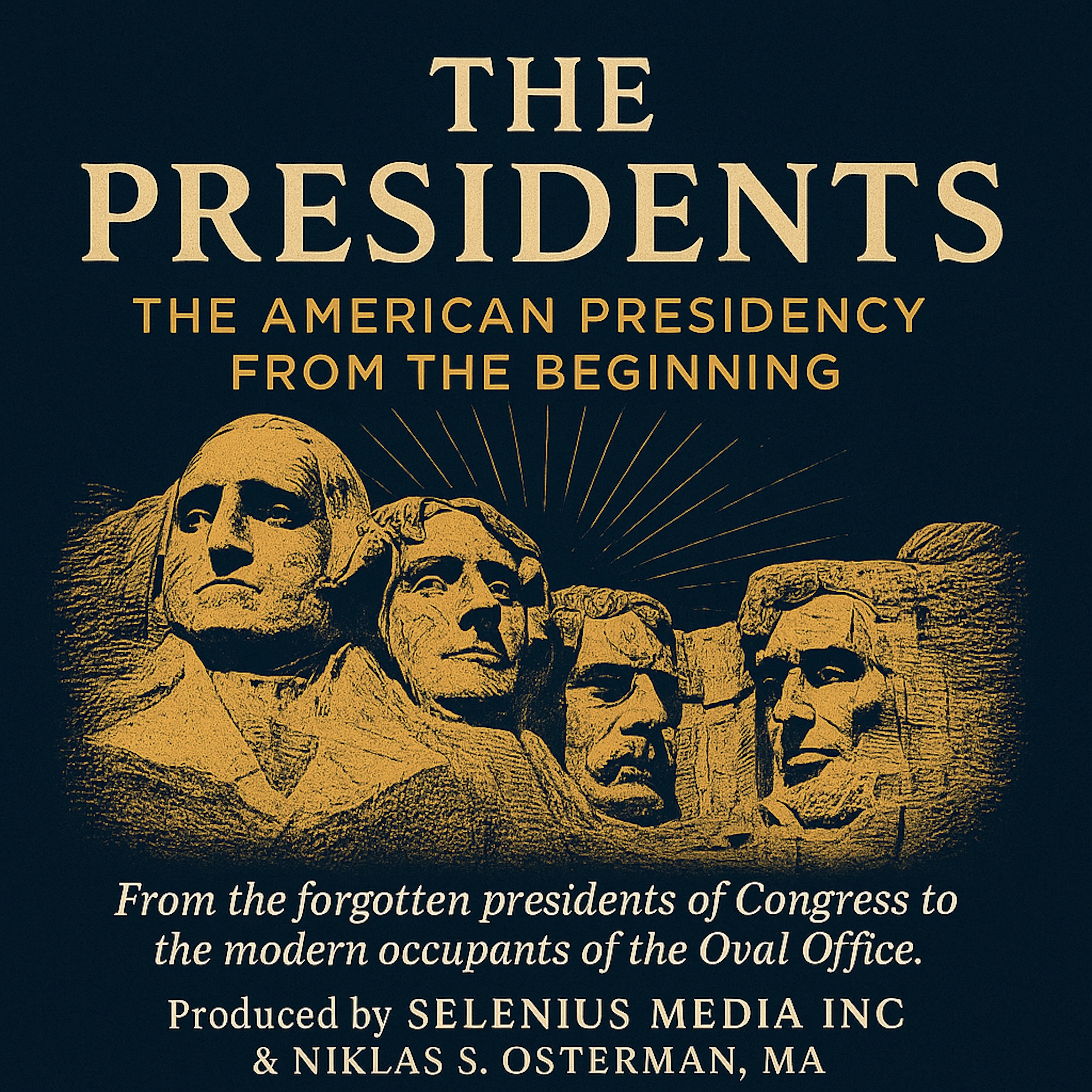
James K. Polk steps onto the national stage the way a man steps into a room where the argument has already begun and the hours are numbered. He is not the loudest voice in the party nor the most beloved figure in the country. He does not look like a romance. He looks like a ledger brought to life—compact, exact, already measuring how many days remain between promise and audit. He comes from a plain Tennessee house, trained by the disciplines that make ambition tolerable to neighbors: work, punctuality, a belief that talking should accomplish something that can be...
John Tyler
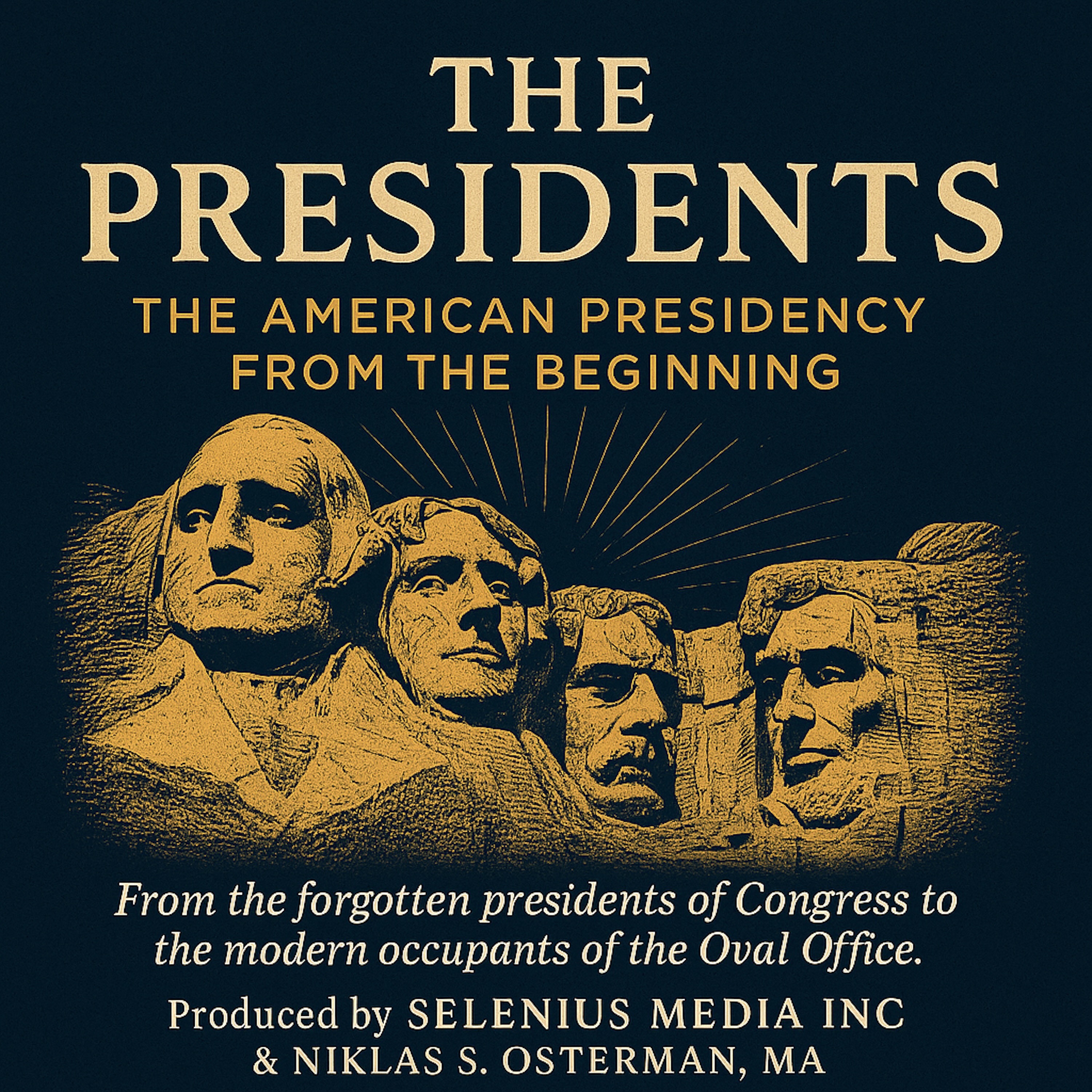
John Tyler enters the line of presidents like a quiet hinge that suddenly bears the weight of a door no one expected to open. He is there in the background of the parade—Virginia lawyer, legislator, gentleman of the Tidewater—until the nation’s most theatrical campaign puts him in the second chair as a flourish on a slogan. Then the first chair is empty far too soon, and the man meant to be a symbol discovers he must be a system. He takes up the pen with a composure that angers those who think accidents should apologize for themse...
William Henry Harrison
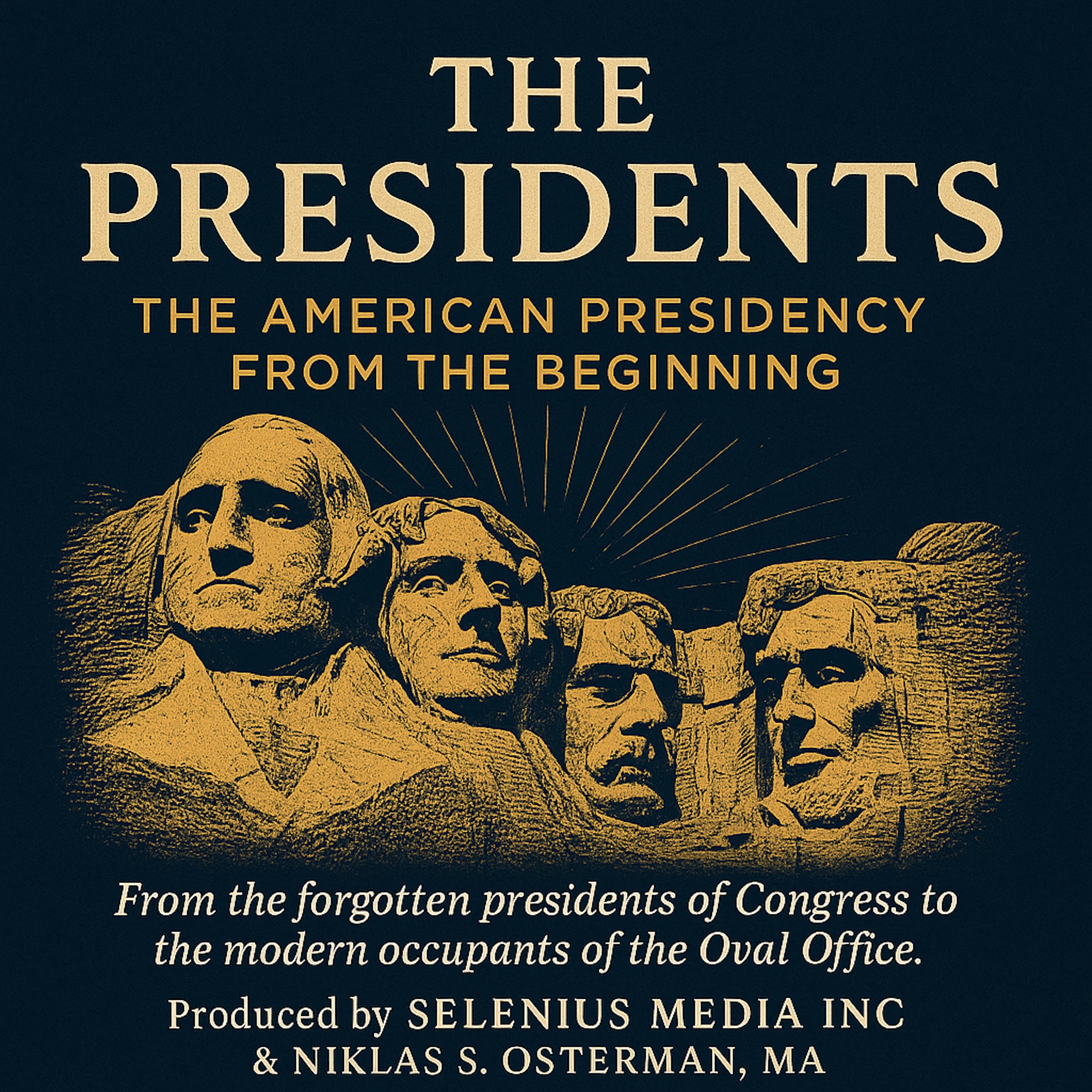
William Henry Harrison enters the line of presidents like a figure carved from the timber of the Old Northwest—raw-edged, weather-tested, built more out of marching orders than out of pamphlets. He is not the architect of a doctrine; he is an officer trained to turn geography into sentences that can be obeyed. Before his presidency reduces itself in popular memory to the arithmetic of thirty-one days, he has already lived the better part of the republic’s first half century as a surveyor’s son, a soldier who learned the frontier’s grammar, a territorial governor who turned treaties...
James A. Garfield
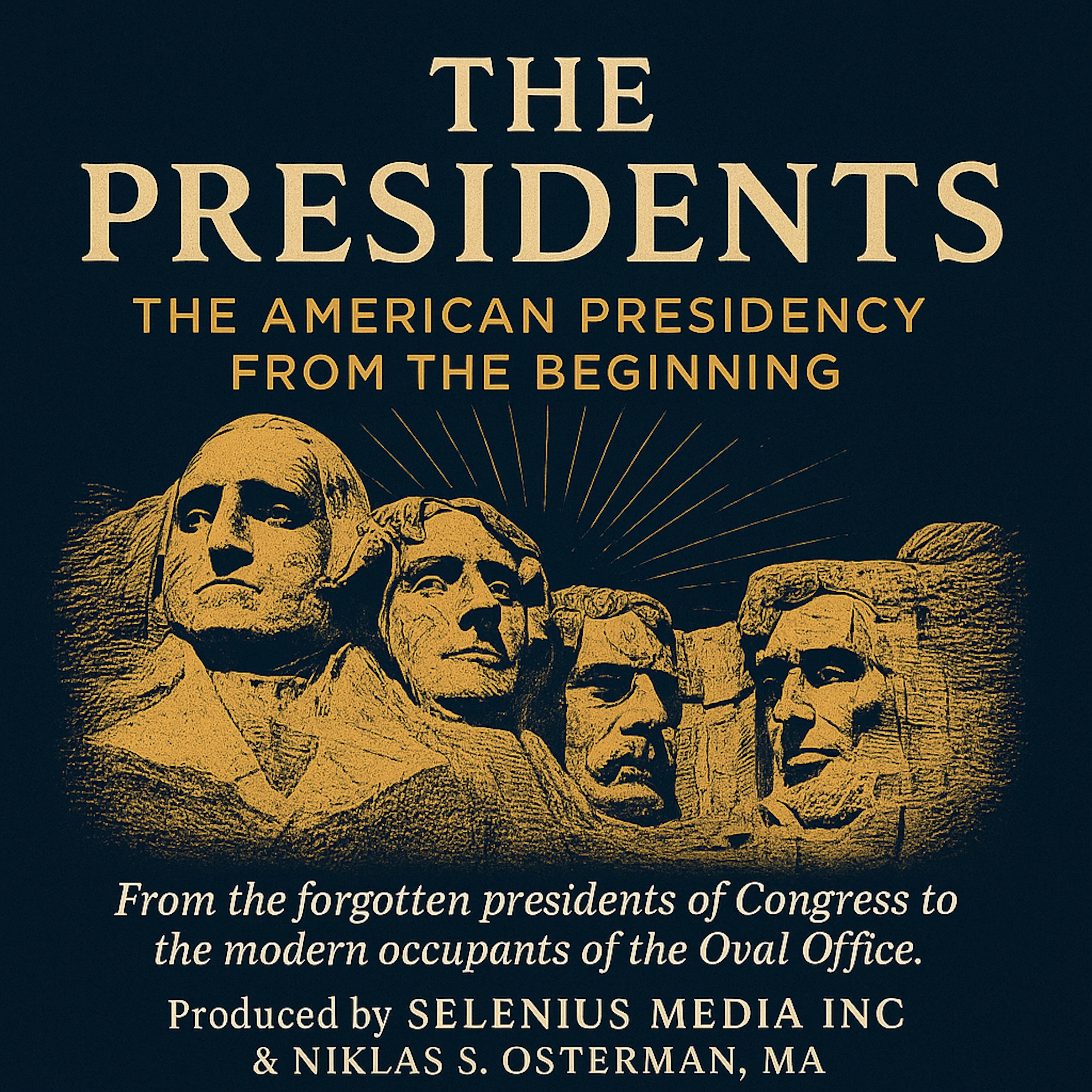
James A. Garfield steps onto the national stage with the air of someone who has already worn half a dozen lives and is suspicious of fame because it looks too much like a costume. He is born in a one-room cabin in Orange Township, Ohio, the last child of a widowed mother who has nothing to offer but work and the belief that work is convertible into dignity. The boy is small, eager, and afflicted with a restlessness that in a harsher age might have been called fate: he runs away to the canal, becomes a mule driver, learns...
Martin Van Buren

Martin Van Buren enters the American story not as a battlefield silhouette or a thunderous orator, but as a tactician born to a borderland of languages, a boy of Kinderhook whose first music was Dutch and whose adulthood would be devoted to translating popular feeling into the grammar of power. He is small, immaculate in dress, soft in voice, and relentless in purpose. Where others carve reputations with swords or pamphlets, he builds something less theatrical and more durable: an apparatus that makes consent repeatable. He believes parties are not diseases of the body politic but its circulation; that...
Andrew Jackson
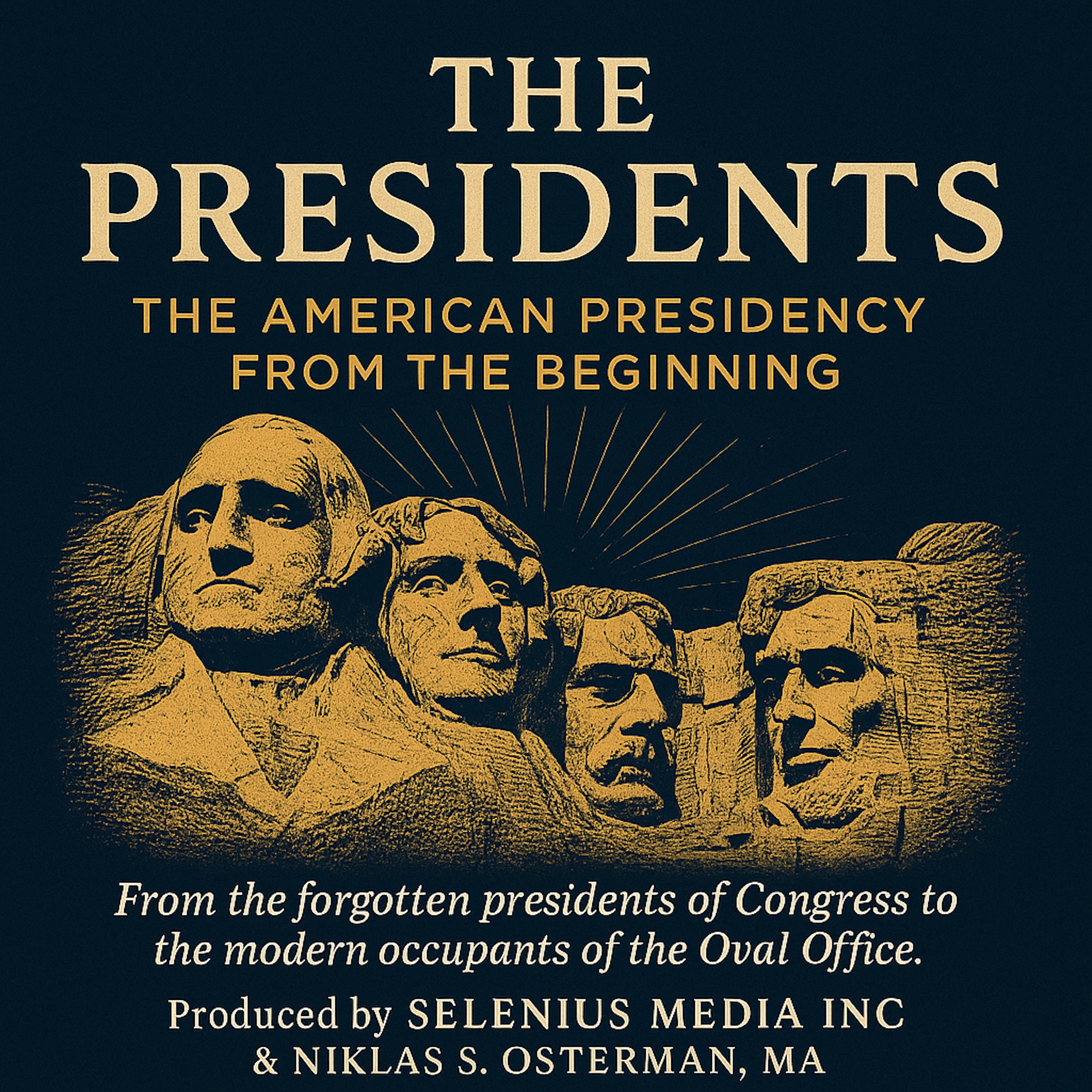
Andrew Jackson enters the American chronicle as a refusal that never cooled. A teen in a war, ordered by an enemy officer to polish a pair of boots, he answered with a no that earned steel across his face and set the pitch of his life. The slash did not create his temper; it certified it. Orphaned by the Revolution’s chaos and sickness, hardened in the Carolinas where arguments were settled by nerve before they were settled by law, he learned the world’s first lesson early: that authority often arrives as a boot, and dignity sometimes begins as a...
John Quincy Adams
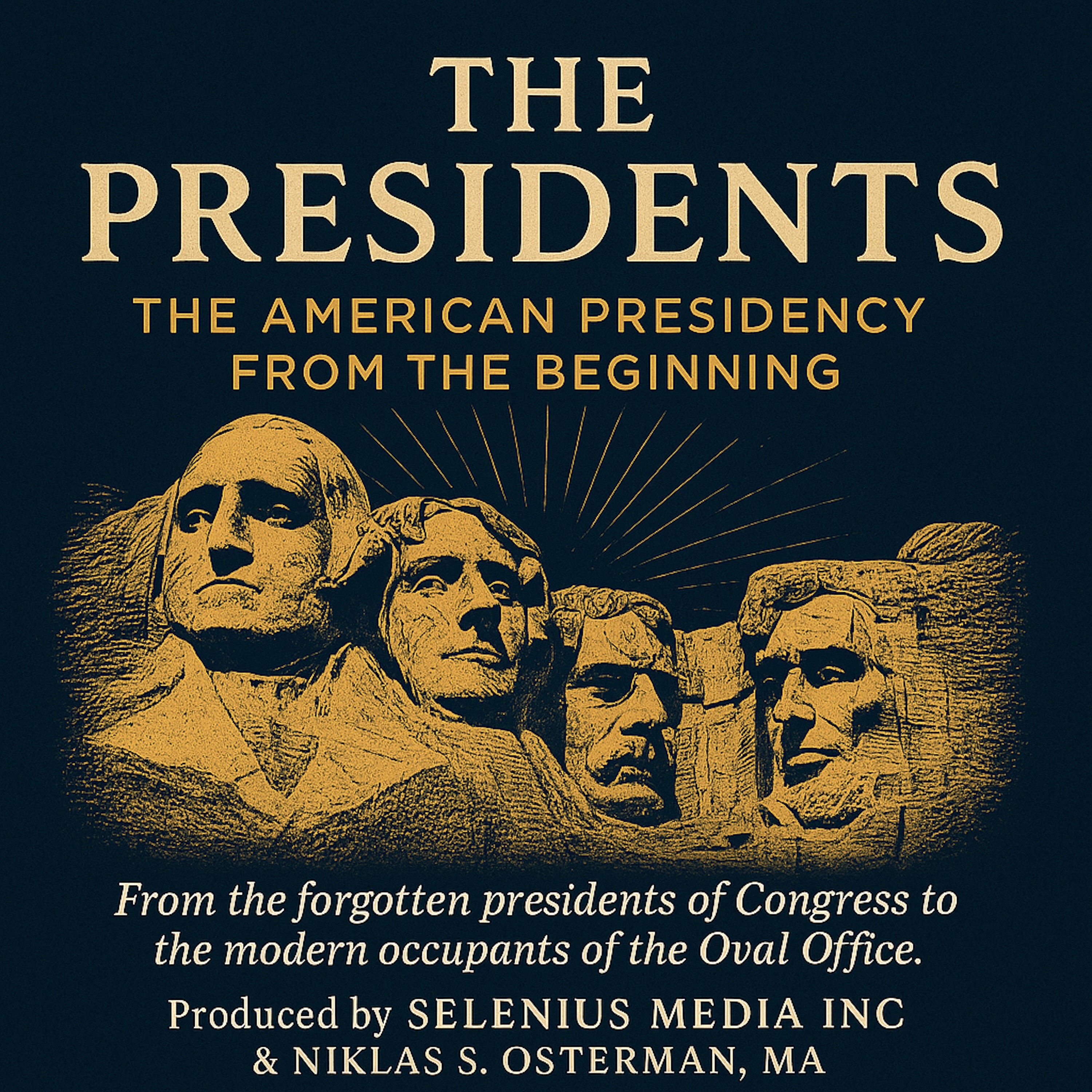
He first steps into the American narrative not as a veteran of a field but as a boy of a household calibrated to history. He watches Bunker Hill’s smoke from the ridge near his father’s farm and feels the country’s lungs fill with a new kind of breath. Before he is old enough to vote he is old enough to leave, ferrying across the Atlantic with a diplomat-father who teaches him that patriotism sometimes looks like dispatches copied by candlelight and sums added carefully at the bottom of each page. Paris, Amsterdam, St. Petersburg—he gathers a gramma...
James Monroe
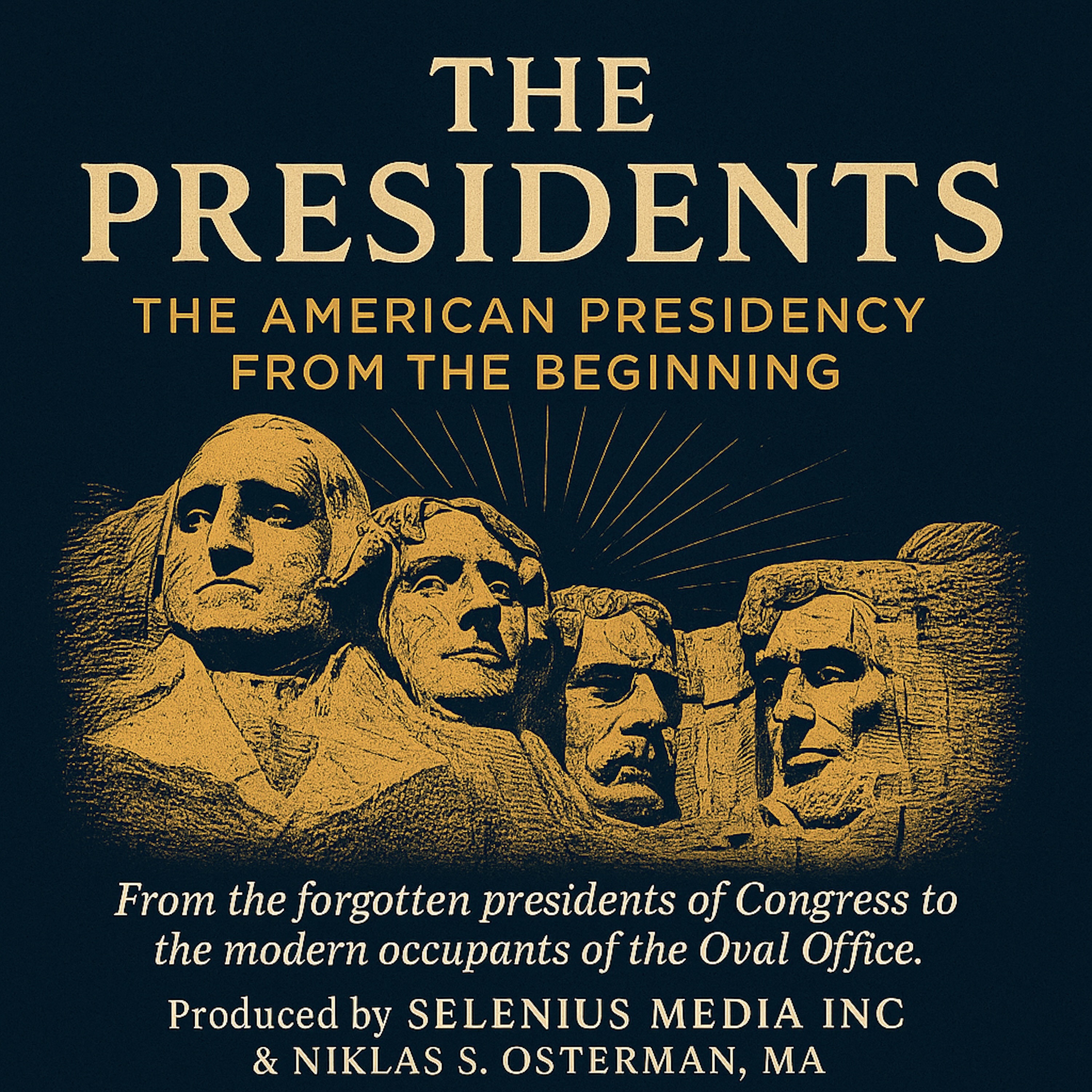
James Monroe begins not as a doctrine but as a boy with a musket, a student who left his books at Williamsburg to follow a general across a dark river toward an impossible dawn. Before he was the last of the Virginia dynasty, before editorialists softened the weather of his years into the easy label of an “Era of Good Feelings,” he was nineteen, marching with cold feet and an appetite for risk that had not yet learned to call itself duty. He crossed the Delaware with Washington on Christmas night and took a ball through the shoulder at Tren...
James Madison

James Madison enters the scene not with the thunder of a soldier’s drum or the roar of a crowd but with the modest scrape of a chair in a quiet room, a notebook open, and a mind intent on turning friction into form. He is small in stature and huge in gravity, frail in appearance and relentless in attention, a man whose power is the patient sentence and whose temperament is that of a mechanic of liberty rather than a herald of it. He would never be the loudest voice in a hall, but halls accustomed to noise le...
Nathaniel Gorham – Acting President of Congress (1785–1786)
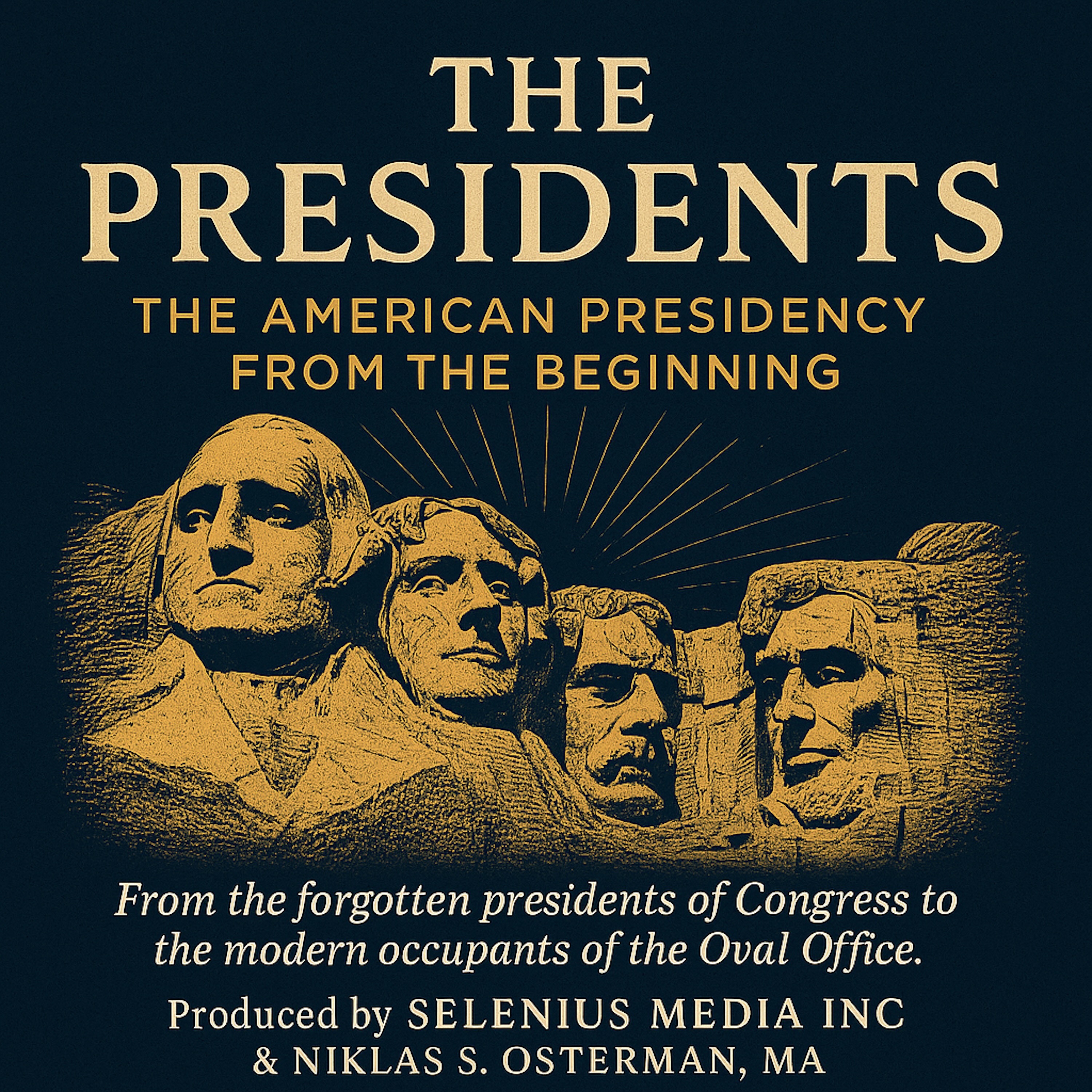
Nathaniel Gorham’s turn in the chair began not with trumpets but with the small, exacting necessities that keep a weak government from collapsing into embarrassment. The famous man elected to preside—John Hancock, emblem of independence, governor of Massachusetts, a name large enough to be a logo—was largely absent, held at home by illness, comfort, and the quiet calculations of a state politician who knew where his power actually lived. Congress could not wait for a celebrity’s joints to loosen. It needed someone who would come to the room, count the votes that existed rather than the ones...
Richard Henry Lee – President of Congress (1784–1785)
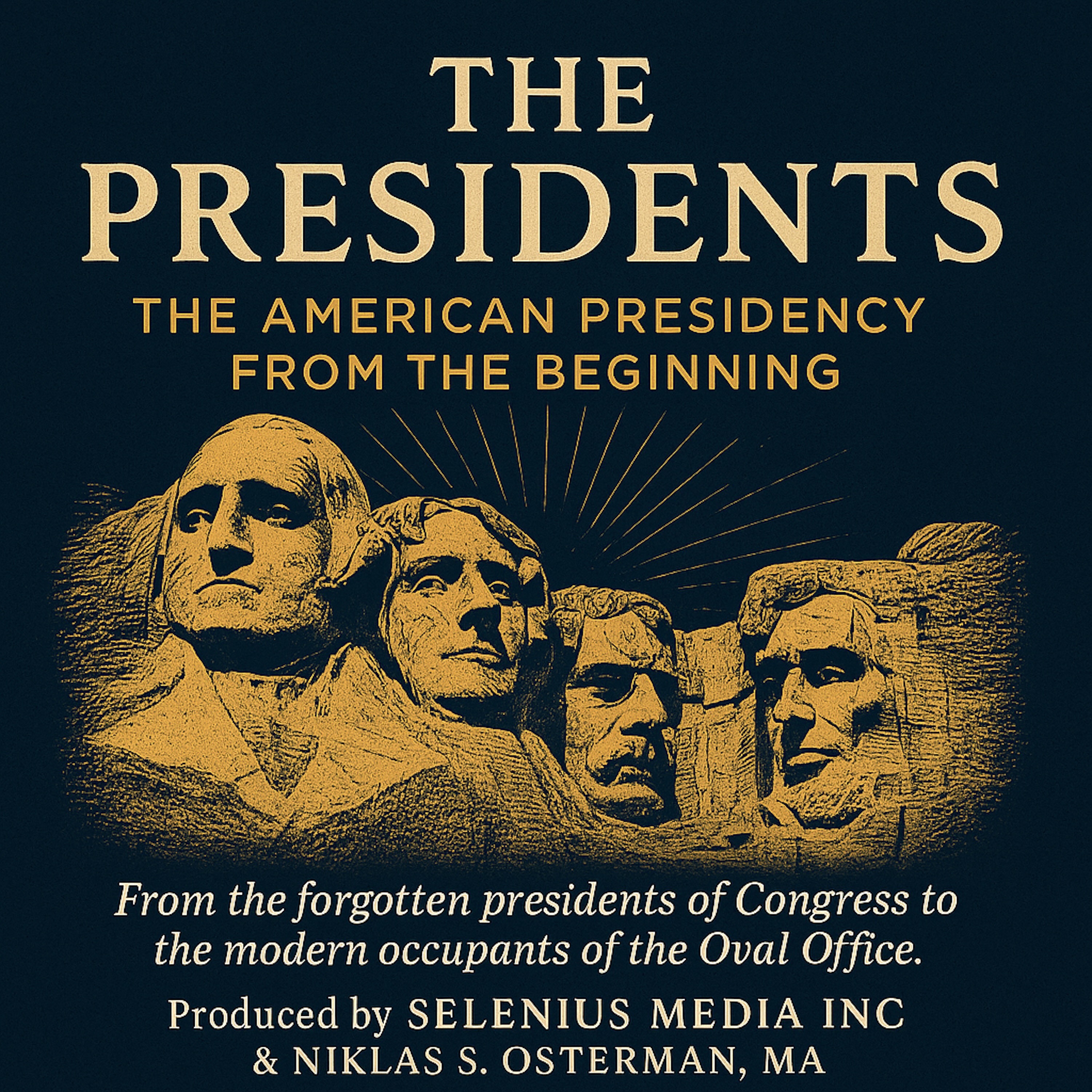
Richard Henry Lee’s tenure in the chair arrives in the afterglow of a miracle and the onset of a long migraine. The miracle was the war’s end—Washington’s graceful bow at Annapolis, the definitive treaty now in hand, the last redcoats filing onto ships. The migraine was everything that followed: soldiers’ certificates turning to dust in taverns, creditors knocking at doors, frontier fires flaring where maps pretended to make peace, states bargaining with themselves about whether promises made as a Union might be honored as a state. Into that atmosphere, in late 1784, came a tall Virginian whose fame...
Thomas Mifflin – President of Congress (1783–1784)
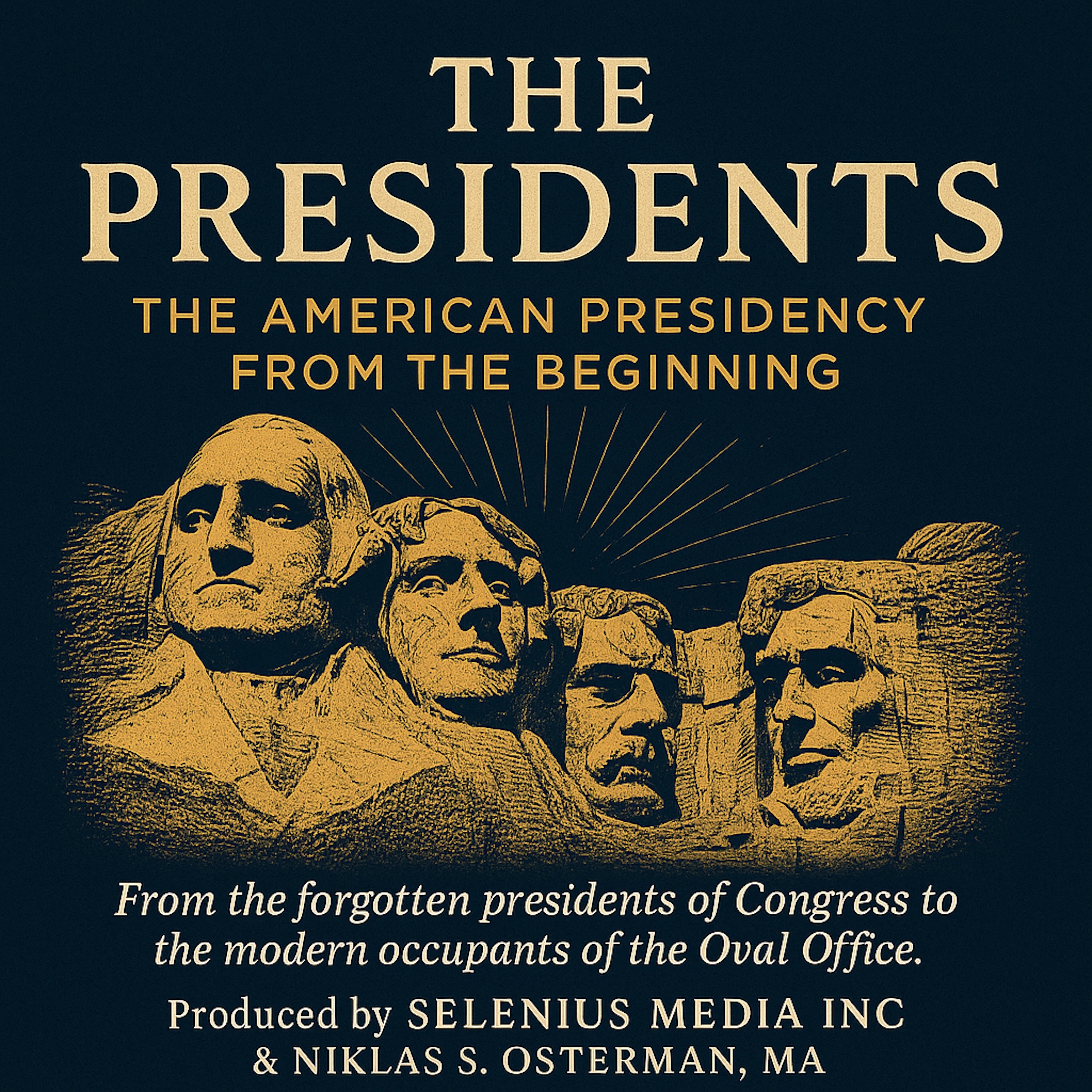
Thomas Mifflin – President of Congress (1783–1784)
Thomas Mifflin’s year in the chair belongs to the narrow space where performance and contrition meet: a politician and soldier with a reputation dinged by whispers from the coldest winter of the war, returned to preside over its official ending and to stage, with fastidious care, the most important act of self-restraint in American military history—the resignation of George Washington’s commission. If you want a single life that shows how the Revolution turned improvisation into ceremony, disorder into paperwork, hurt pride into public ritual, you can follow Mifflin from a Quaker c...
Elias Boudinot – President of Congress (1782–1783)
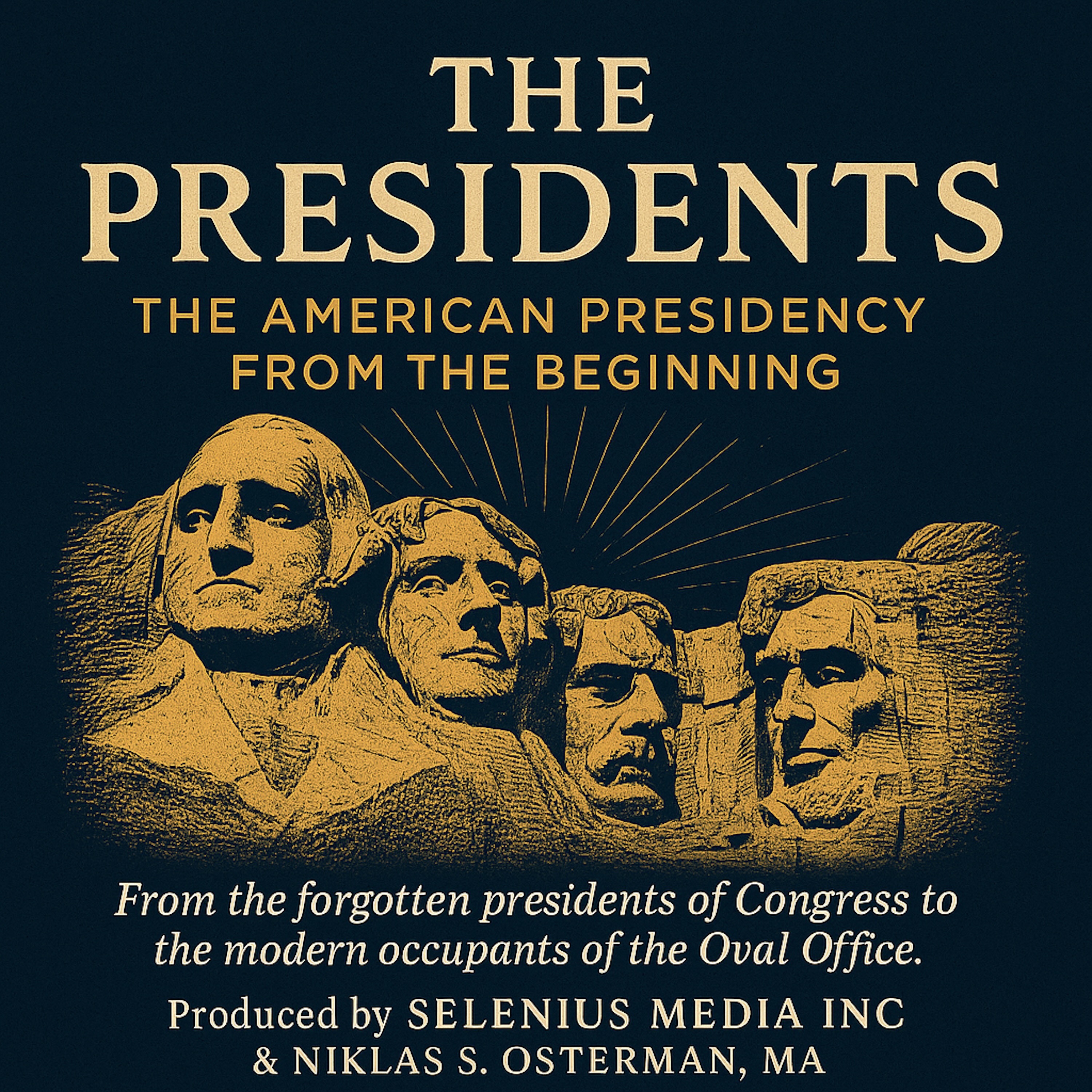
Elias Boudinot – President of Congress (1782–1783)
In the last hard winter of the war, when rumors of peace traveled faster than pay and slower than hunger, a compact, careful New Jersey lawyer with a Huguenot name took the chair of Congress and tried to carry a country across the narrow bridge between victory and legitimacy. Elias Boudinot did not have the theatrical silhouette of a general or the lapidary sentences of a pamphleteer. He had instead a habit of exactness, a tenderness for procedures that protect the weak, and a talent for guiding a room without scalding it. In N...
John Hanson – Often mythologized as “first president under the Articles” (1781–1782)
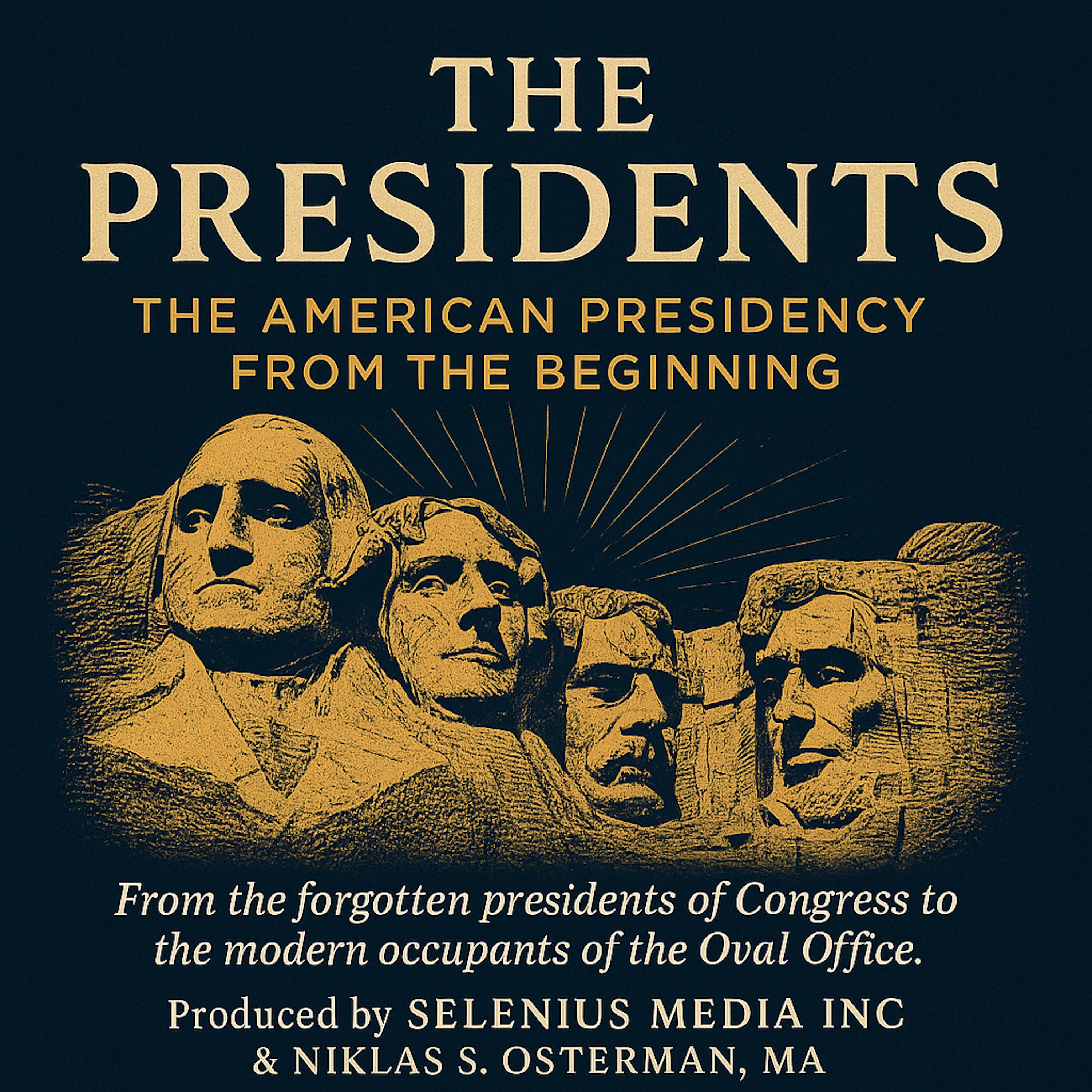
John Hanson – Often mythologized as “first president under the Articles” (1781–1782)
The story most people hear about John Hanson arrives as a neat provocation: before George Washington there was another “first president,” a dignified Marylander who held the office under the Articles of Confederation and whose name we somehow forgot. The claim survives because it flatters the appetite for secret histories and because Hanson, when you look closely, does sit at a hinge in time—with a gavel but without an army, receiving dispatches from generals and ministers while presiding over a government that called itself the “United States in Congre...
Samuel Huntington – Last Continental Congress president / first under Articles in practice (1779–1781)
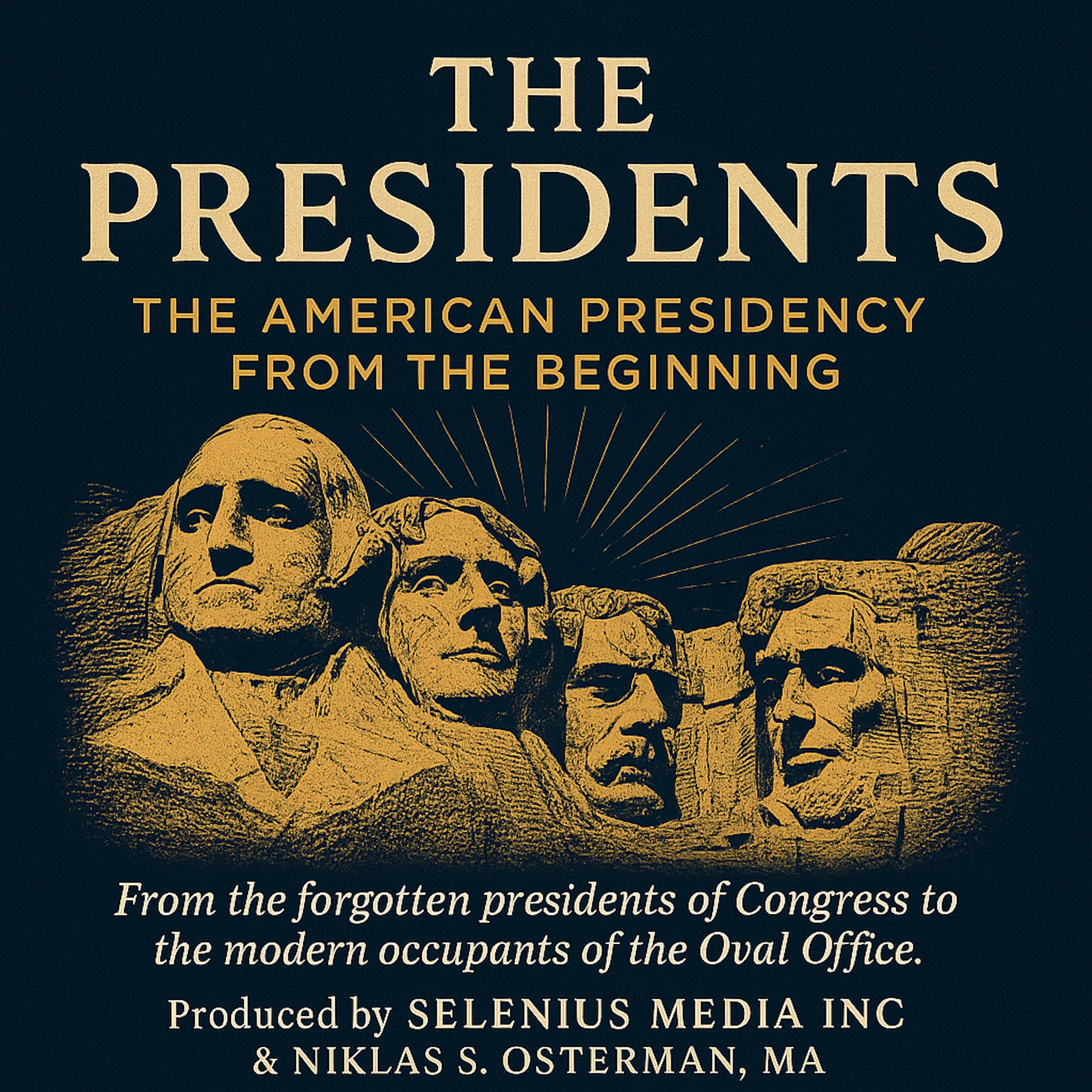
Samuel Huntington – Last Continental Congress president / first under Articles in practice (1779–1781)
John Hancock (again) – Elected but largely nonresident/absent (1785–1786)
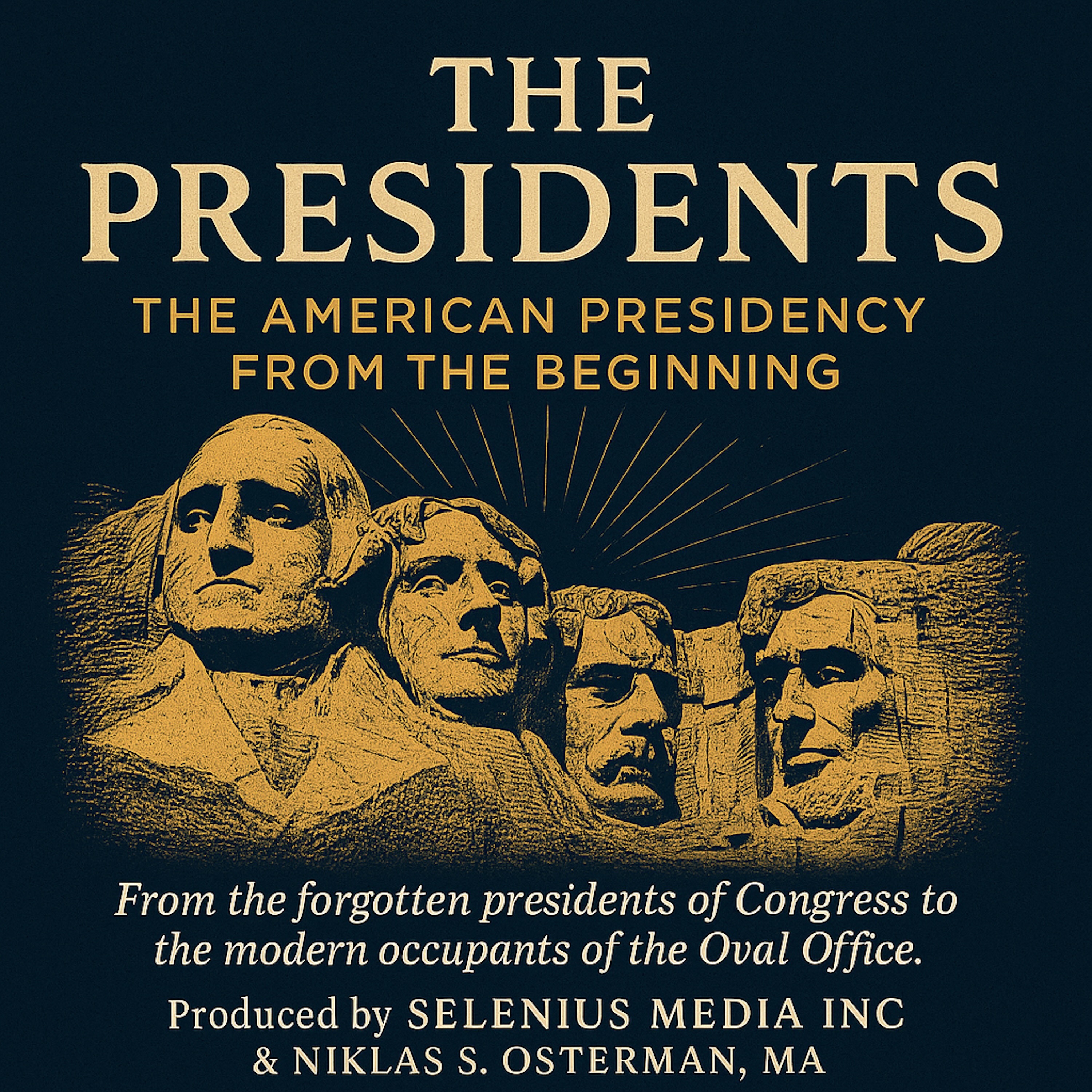
The second time John Hancock’s name was lifted to the top of Congress, it was less a summons to govern than a bet on the power of a signature. The war was over; the treaty had been ratified; the chair in the national chamber had begun to pass each year to a different steward who kept the papers moving and the façade intact. In that rotation, which felt at once ceremonial and necessary, the delegates reached for a figure whose autograph had become the emblem of independence. They chose him again, the man whose ink in 1776 had swe...
Arthur St. Clair – President of Congress (1787)
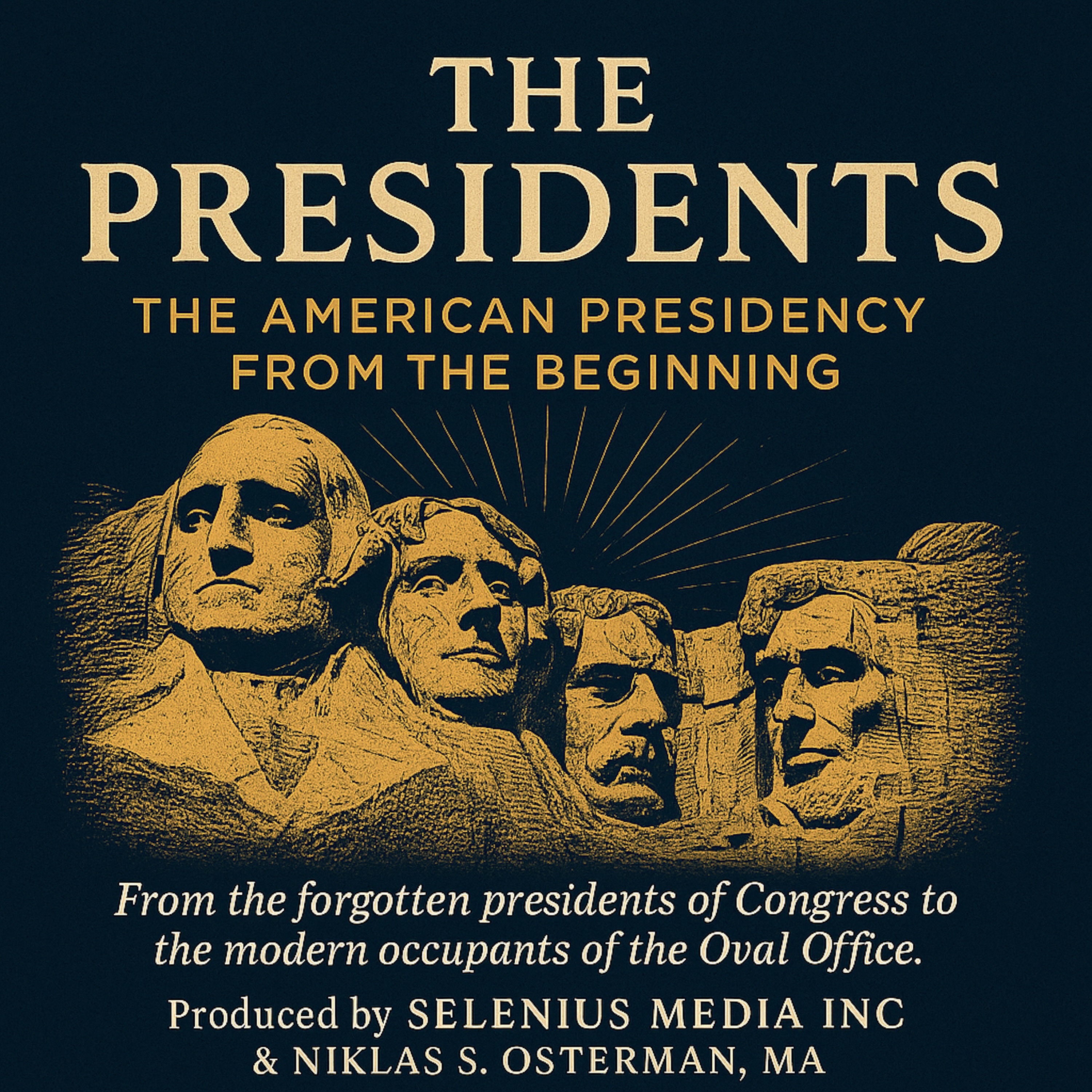
Arthur St. Clair’s year in the chair feels like a hinge cut out of iron: heavy, cold to the touch, load-bearing in a way that is easy to miss if you only glance at the door it is holding up. In February 1787 he took his seat as President of the United States in Congress Assembled at a moment when the Confederation government had very nearly taught the country to stop expecting anything from it. The treasury was a rumor; requisitions sounded princely and worked like charity; British garrisons still sat in the old Northwest as if the treaty th...
Cyrus Griffin – Final President of Congress (1788–1789)
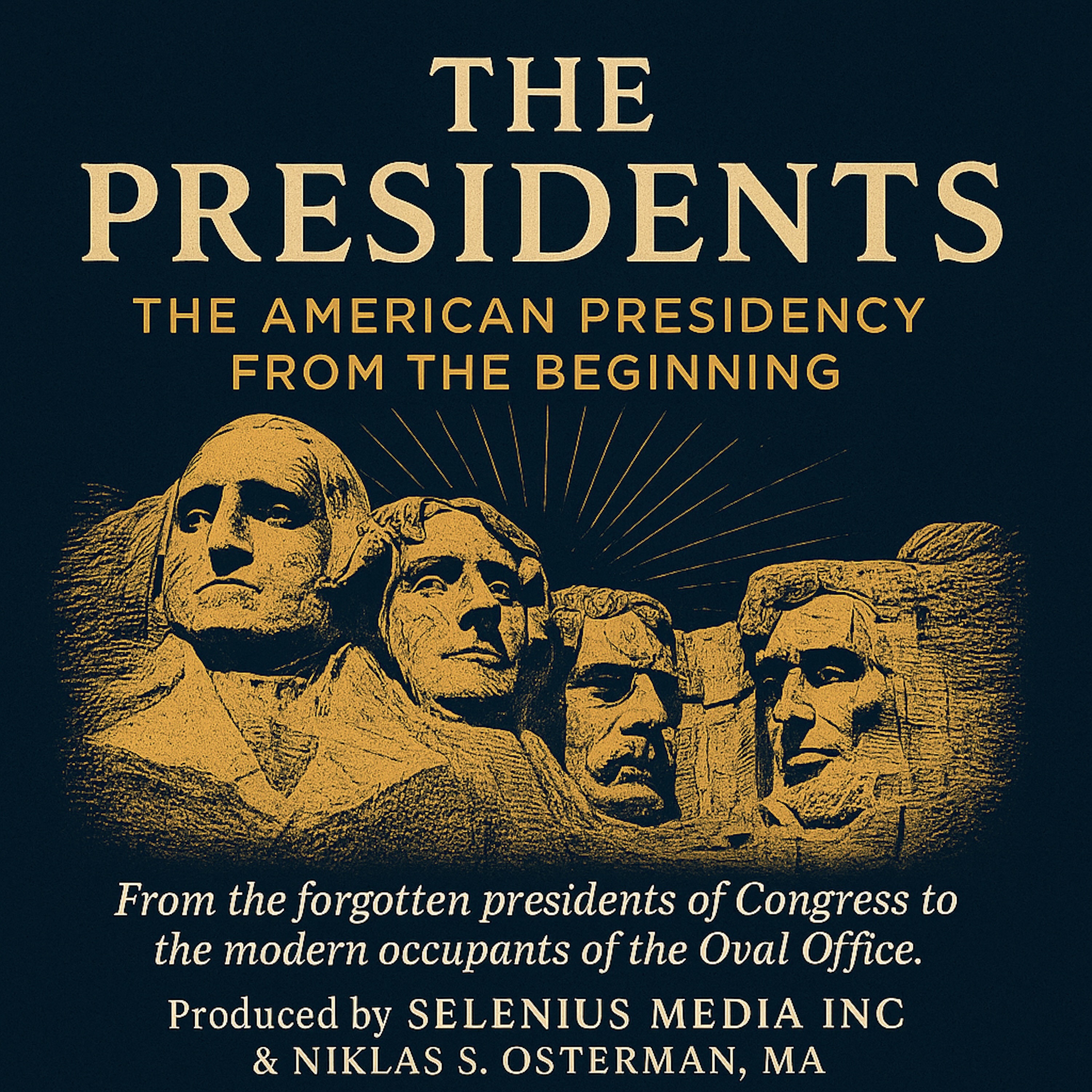
Cyrus Griffin – Final President of Congress (1788–1789)
Cyrus Griffin’s season in the chair arrives like the last careful breath before a long swim—measured, deliberate, and entirely aware that the air he is gathering must carry more than just himself. When he takes up the gavel as President of the United States in Congress Assembled, the Confederation is already living in the tense quiet after a decision. The states have argued, pamphleteers have boiled ink into prophecy and panic, and a closed-door summer in Philadelphia has offered a new frame with a larger appetite for power and a tighte...
John Jay – President of the Continental Congress (1778–1779)
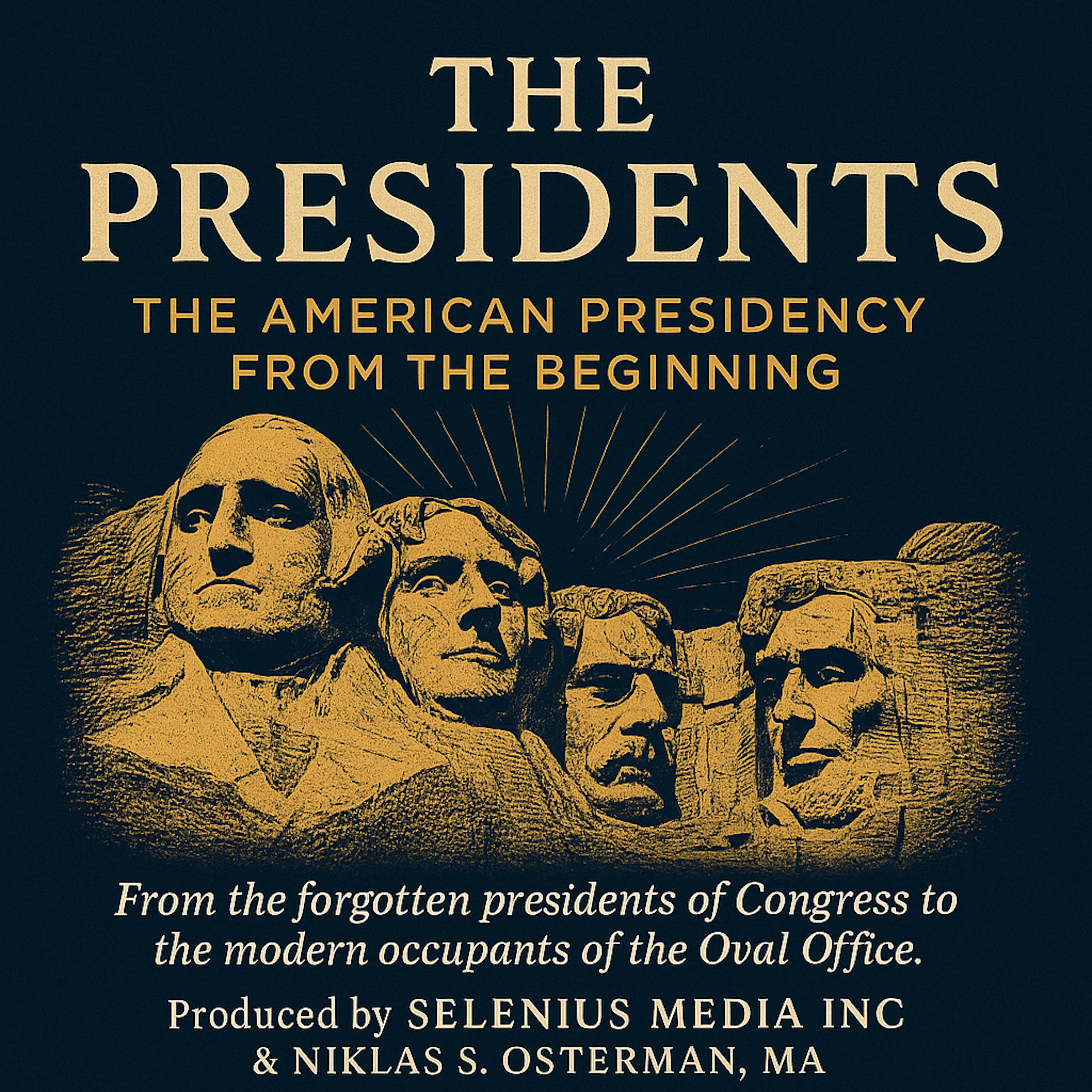
John Jay – President of the Continental Congress (1778–1779)
On a gray December afternoon in 1778, a slender man with a narrow, thoughtful face and a faint scar along his cheekbone took the chair at the front of a crowded hall in Philadelphia. Outside, the city still bore the marks of recent occupation: broken shutters, gouged doorframes, the memory of redcoats. Inside, the delegates of the Continental Congress shuffled papers, murmured, coughed into handkerchiefs. A flag with thirteen stars hung at one end of the chamber, newly familiar and not yet mythic. The war had entered its fourth year. France was...
Henry Laurens – President of the Continental Congress (1777–1778)
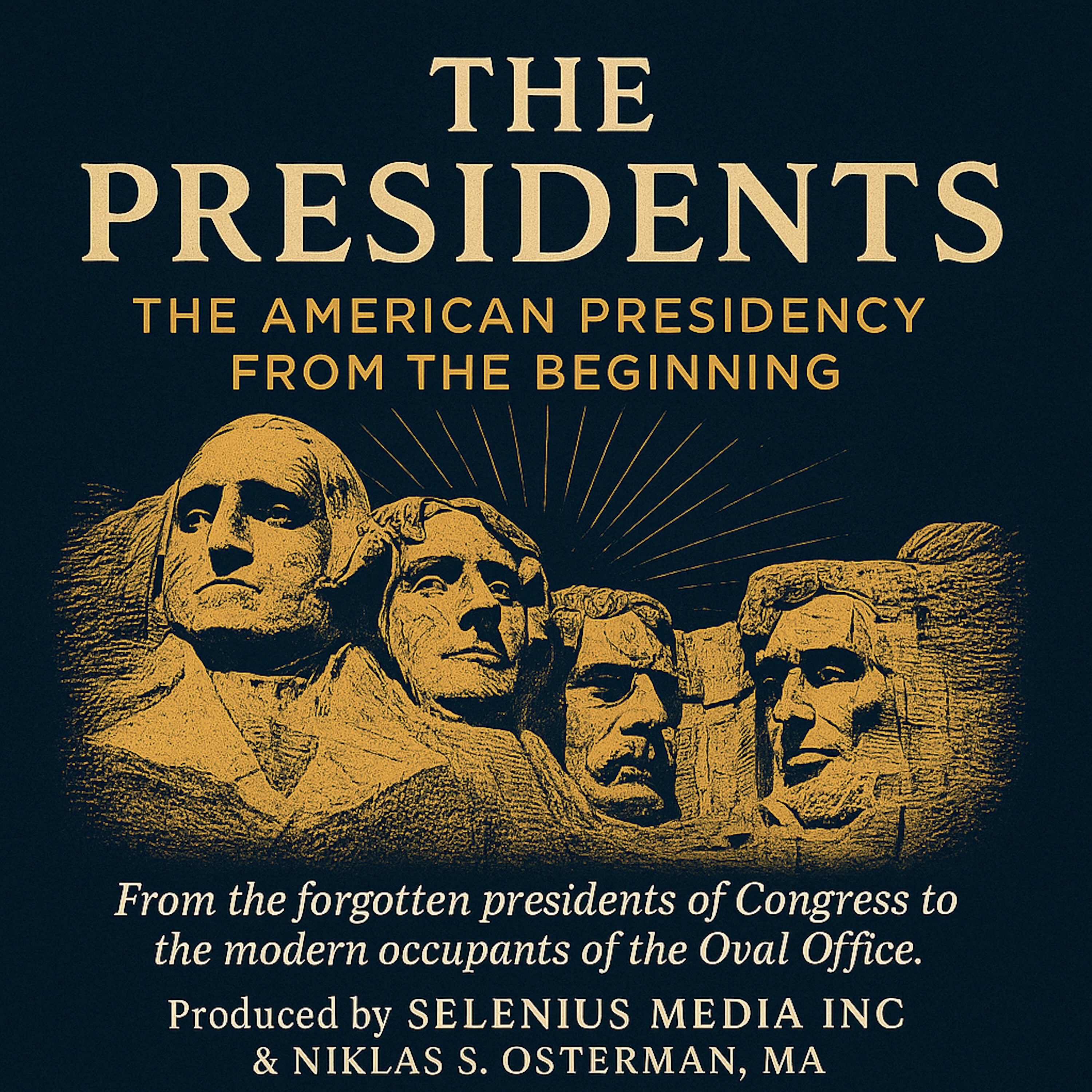
Henry Laurens – President of the Continental Congress (1777–1778)
In the hard winter of 1777, when the wind off the Susquehanna cut through wool and warmed breath froze to mustaches, a cluster of men in borrowed rooms tried to keep a country alive with ink. Philadelphia had fallen to the British; Congress had fled first to Lancaster for a day and then to York, a market town that suddenly found itself hosting the nearest thing to a national government. The delegates slept above taverns and stores. Their desks were scarred pine laid with quills and candle stubs; their letters went out...
Thomas McKean – President of Congress (1781)
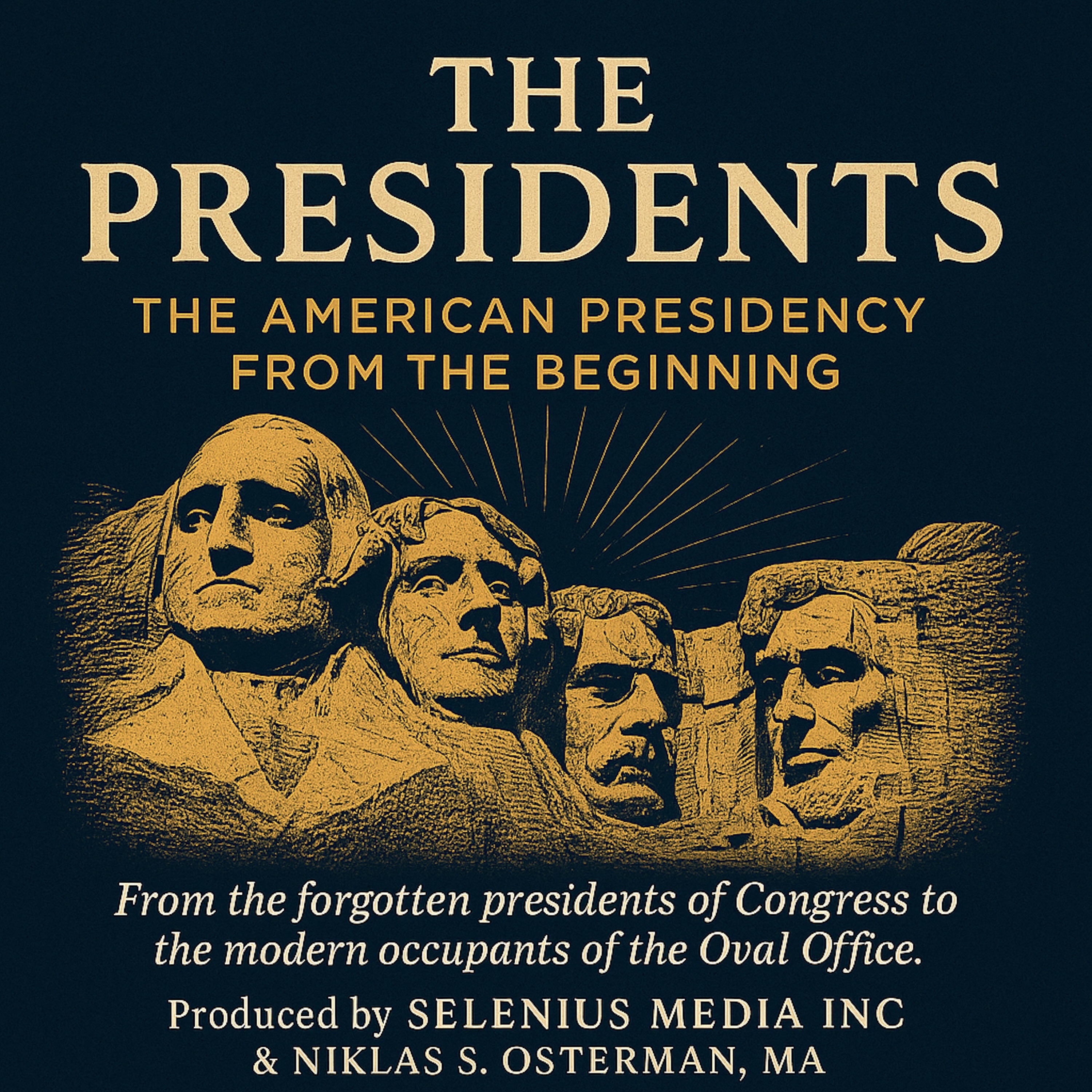
Thomas McKean – President of Congress (1781)
Thomas McKean entered those working days with the blunt tools of a self-made lawyer and the stubbornness of a border man. Born in 1734 in the Pennsylvania backcountry to parents of Ulster-Scots stock, he learned early that order was something you built, not something given. He read law in New Castle, Delaware, gathered clients one case at a time, and moved quickly into the tangle of local power: clerkships, assembly seats, the dry, relentless business of committees. He was precise by habit and pugnacious by temperament. When the Stamp Act jolted the colonies in...
Thomas Jefferson
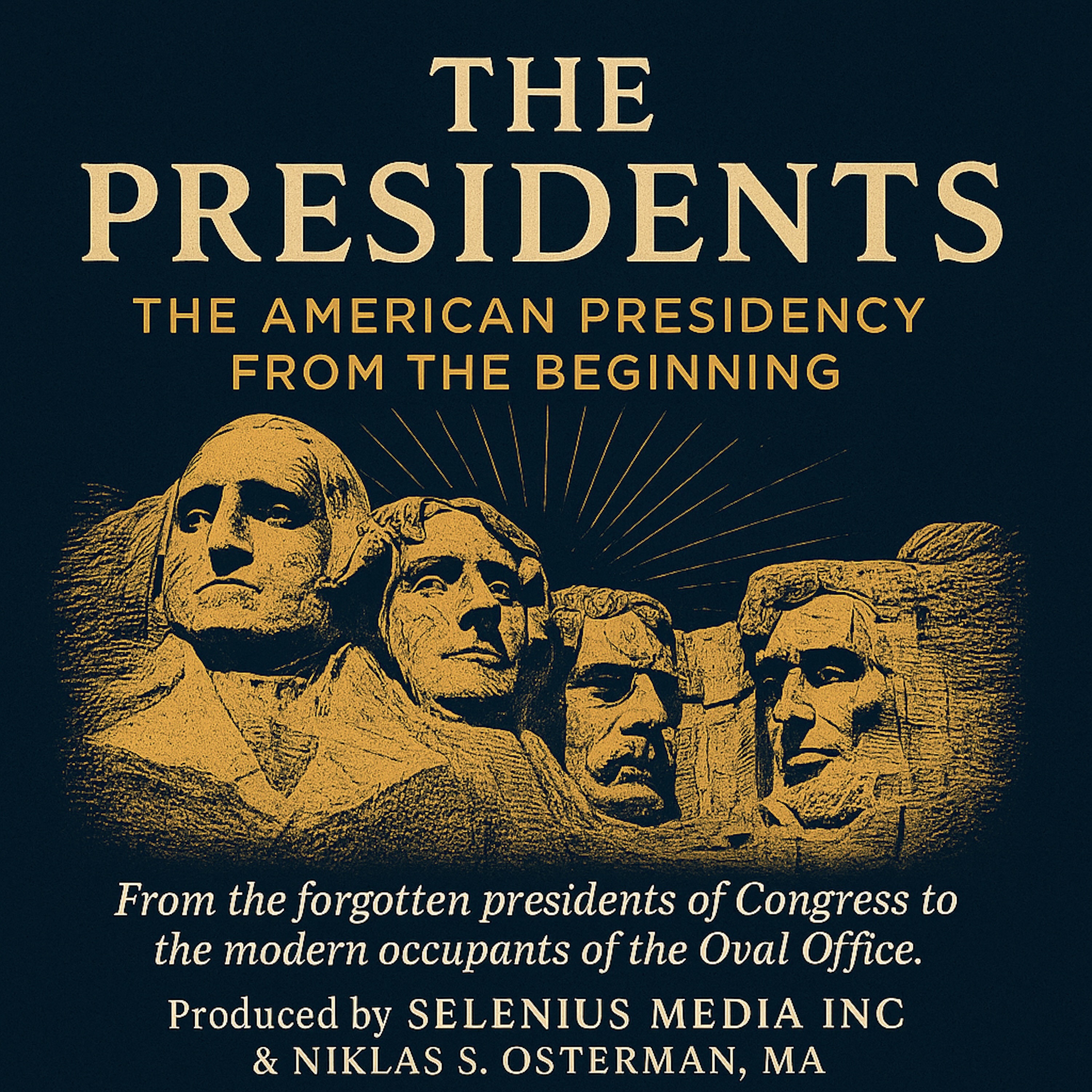
Thomas Jefferson arrives in the American story as the author of a sentence so large that it keeps upstaging the life that wrote it. A young lawyer with a delicate voice and a ferocious pen composed a claim about equality that outgrew his century and then outgrew him. He spent the remainder of his days as its chief editor, annotator, evader, devotee, and sometimes defendant. He could make a paragraph sing with a clarity that feels like morning; he could order his household around practices that darkened the very light he admired. He believed ideas have architecture and built...
John Adams
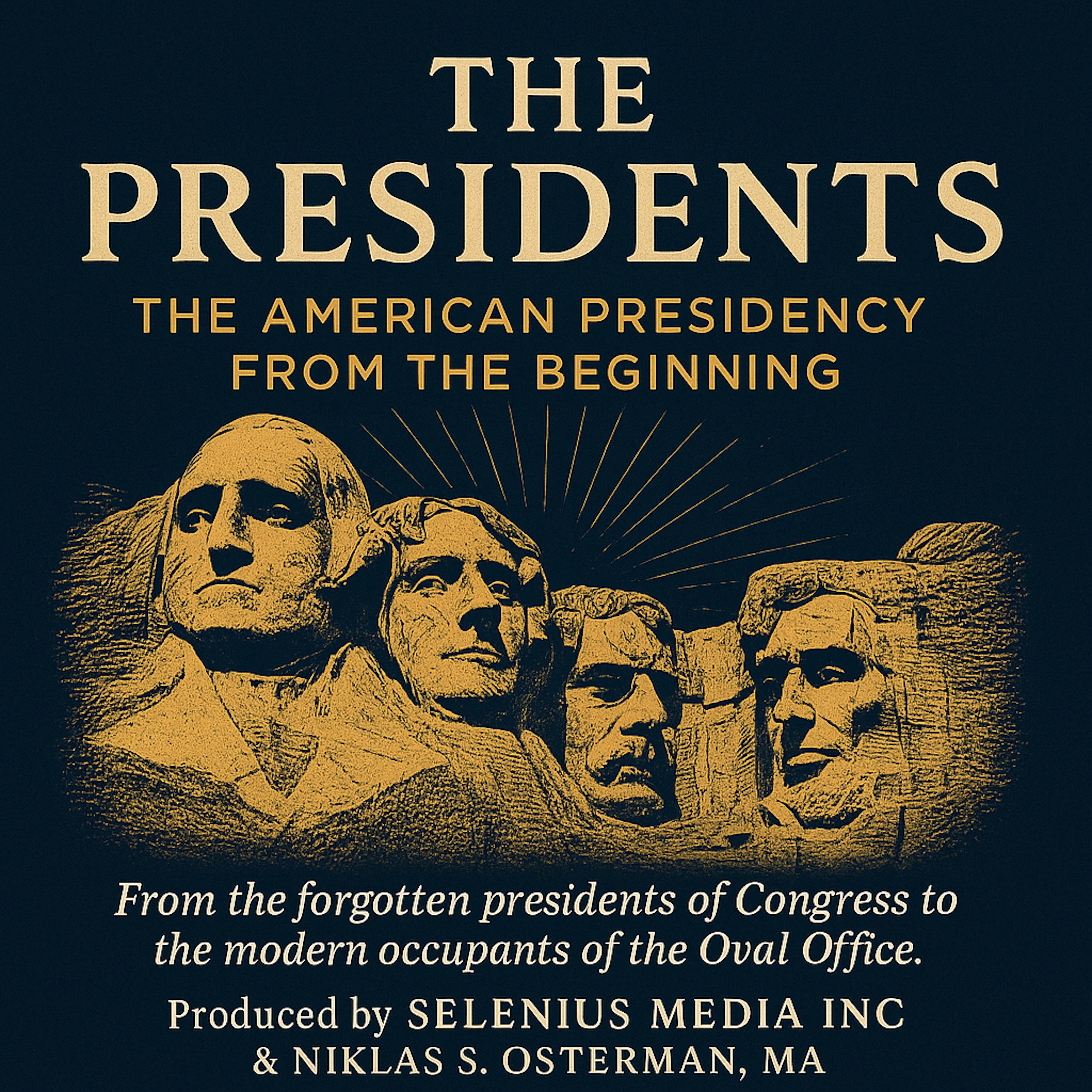
John Adams comes into focus first as a man made of sentences—short, vigorous, argumentative—and only then as a public officer stitched to a perilous decade. He was not a figure of placid charisma. He had a lawyer’s appetite for the exact word, a farmer’s suspicion of fashionable nonsense, and a temperament that took offense more quickly than it forgave. But running beneath the volatility was the harder discipline of a New England conscience: the belief that law is a lamp in bad weather and that republics survive by habits long after they have forgotten the speeches...
George Washington
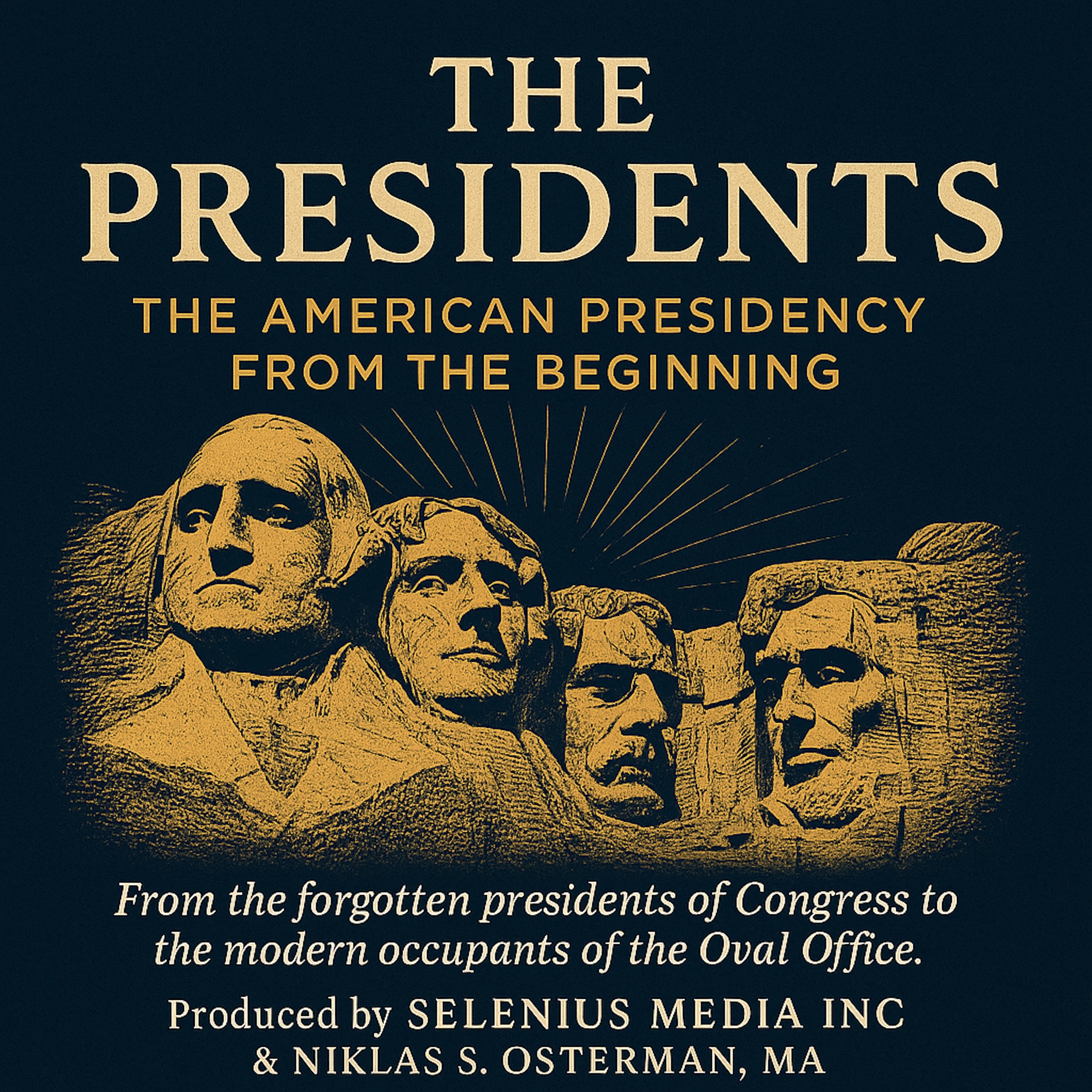
Under the weight of later monuments it is easy to forget that George Washington began as a boy who learned to read the land before he learned to read the law. In the tidewater mornings of Virginia the light rises off water and climbs through trees in a way that makes distance look like promise rather than peril, and a clever boy with a compass and a chain can turn that promise into a profession. Before any sash crossed his chest, before any portraitist cultivated severity in his eyes, Washington’s education was geometry made practical: bearings laid down in...
John Hancock – President of the Second Continental Congress (1775–1777)
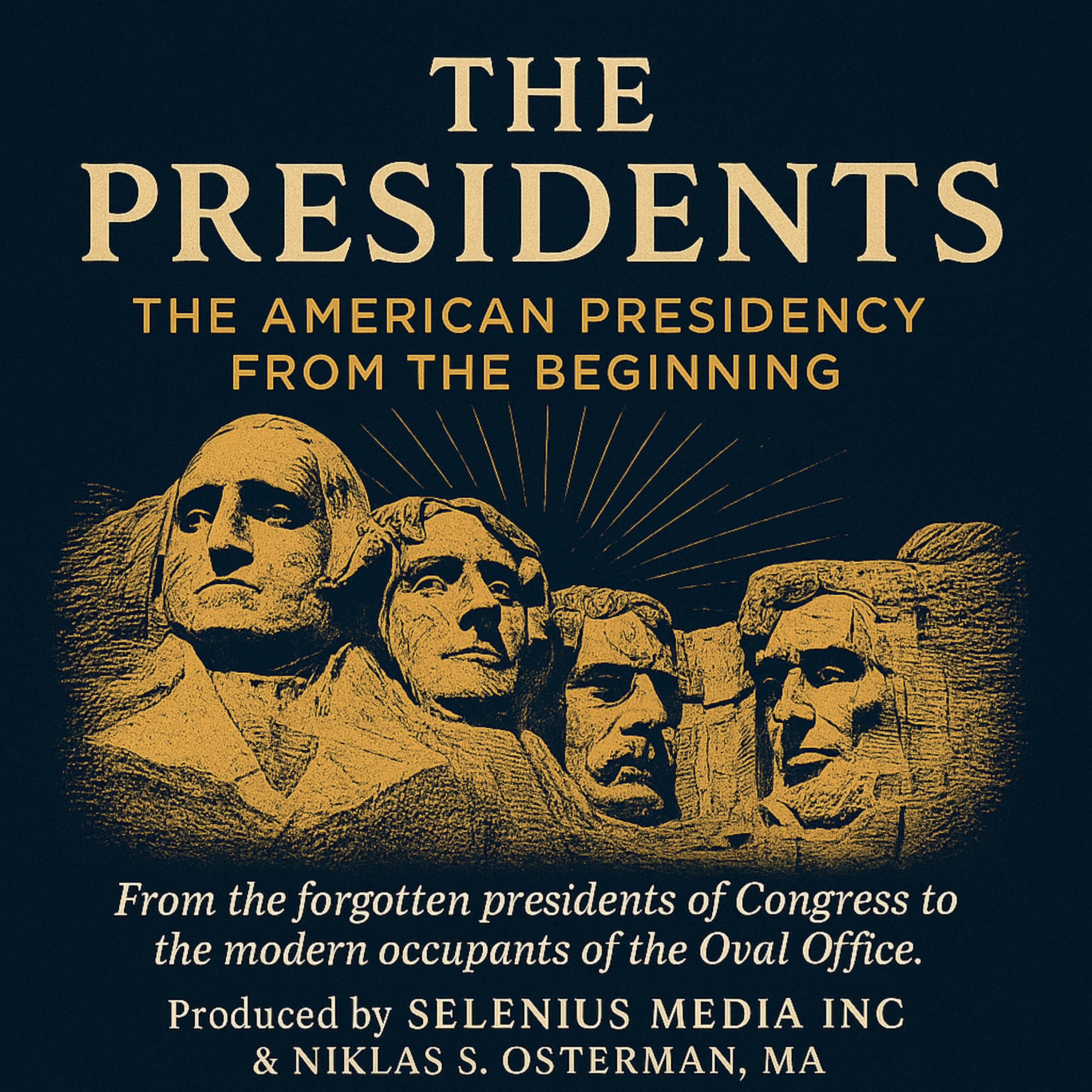
John Hancock – President of the Second Continental Congress (1775–1777)
In May of 1775, when John Hancock rose from his seat and walked slowly to the front of the chamber in Philadelphia, he was walking into a role that did not quite exist yet. The Second Continental Congress had reconvened under a new sky. Between its first and second sessions, there had been gunfire at Lexington and Concord, blood on New England grass, and British troops penned up in Boston by angry farmers turned soldiers. Peyton Randolph, the dignified Virginian who had presided the previous fall, was once again chosen as p...
